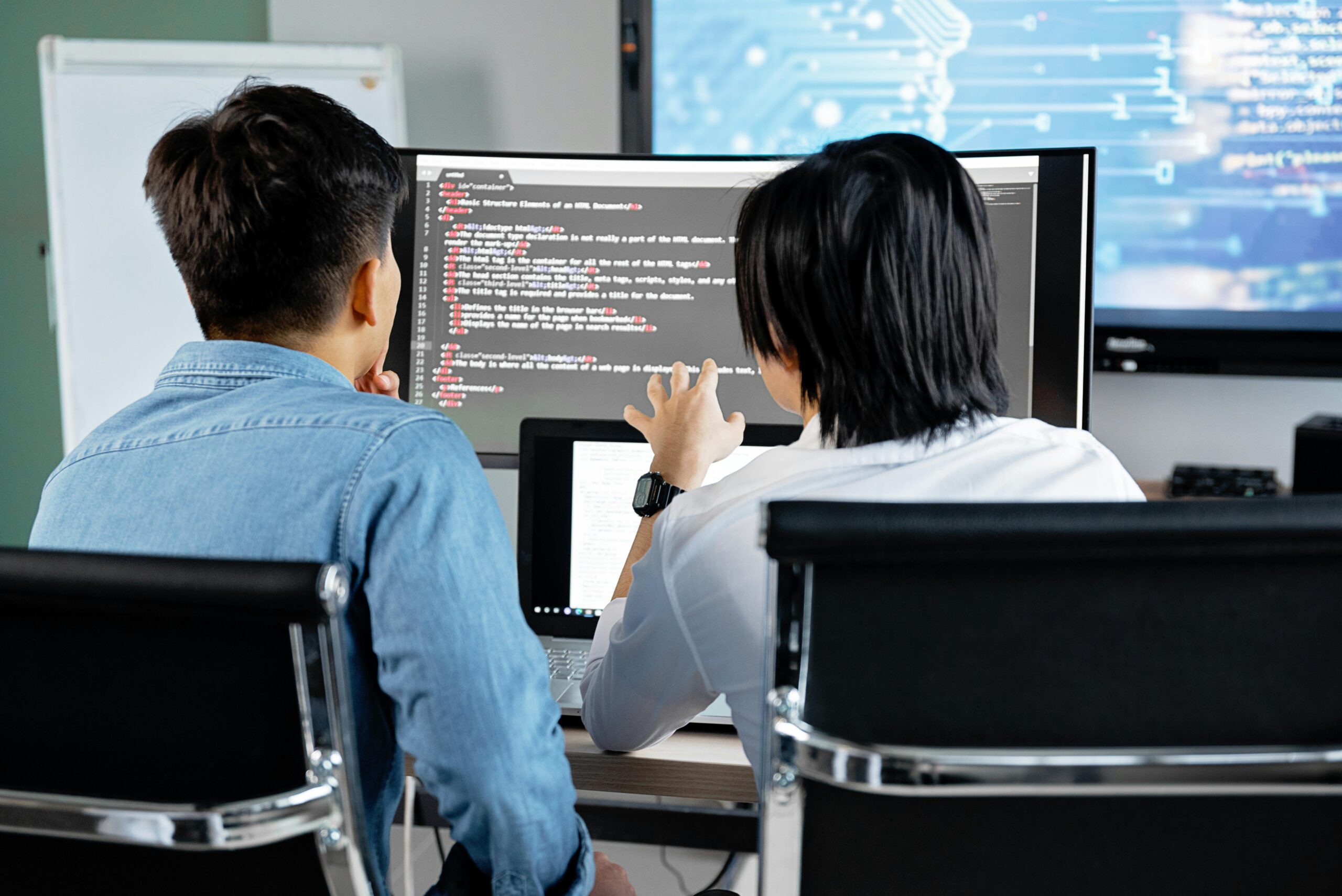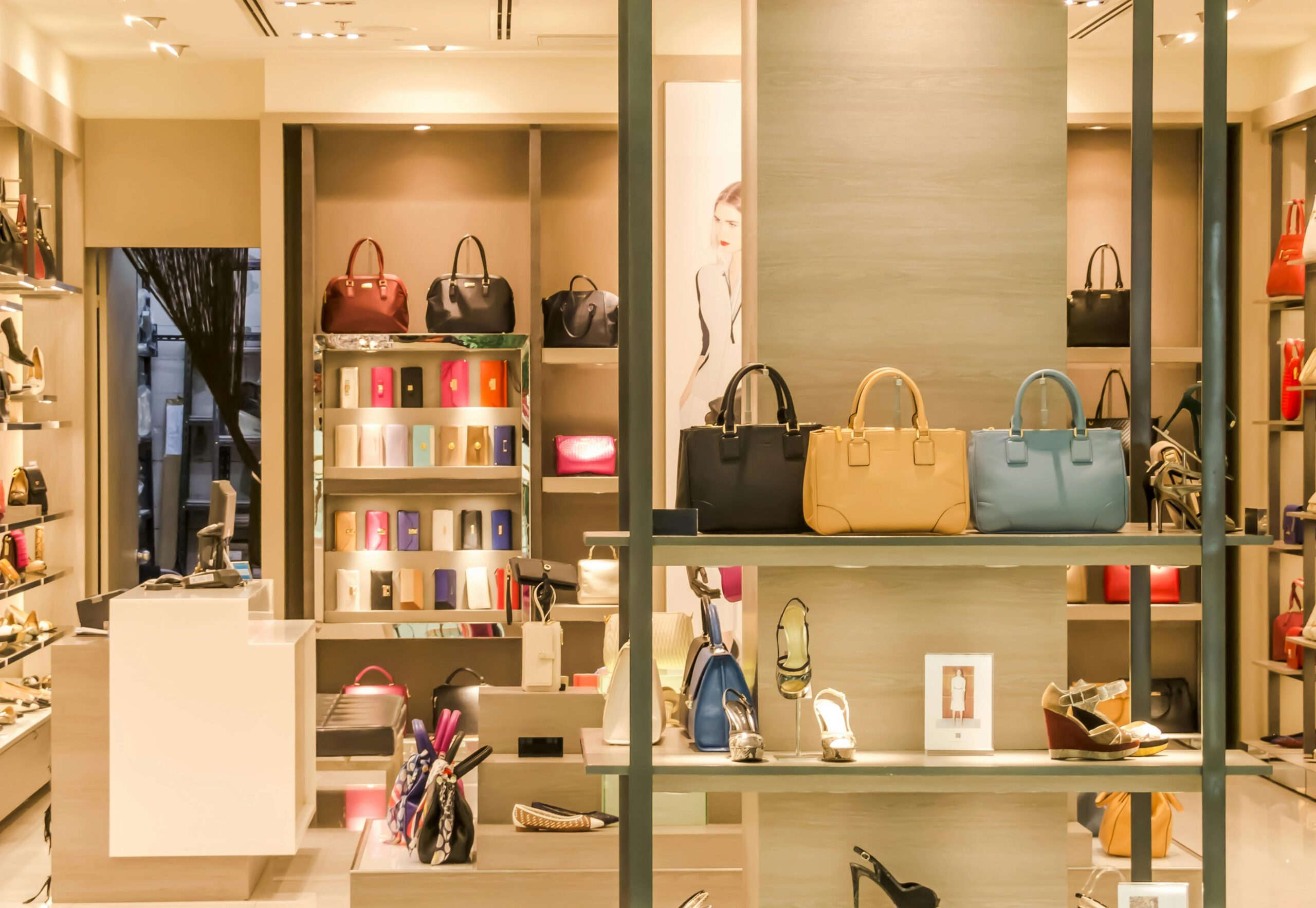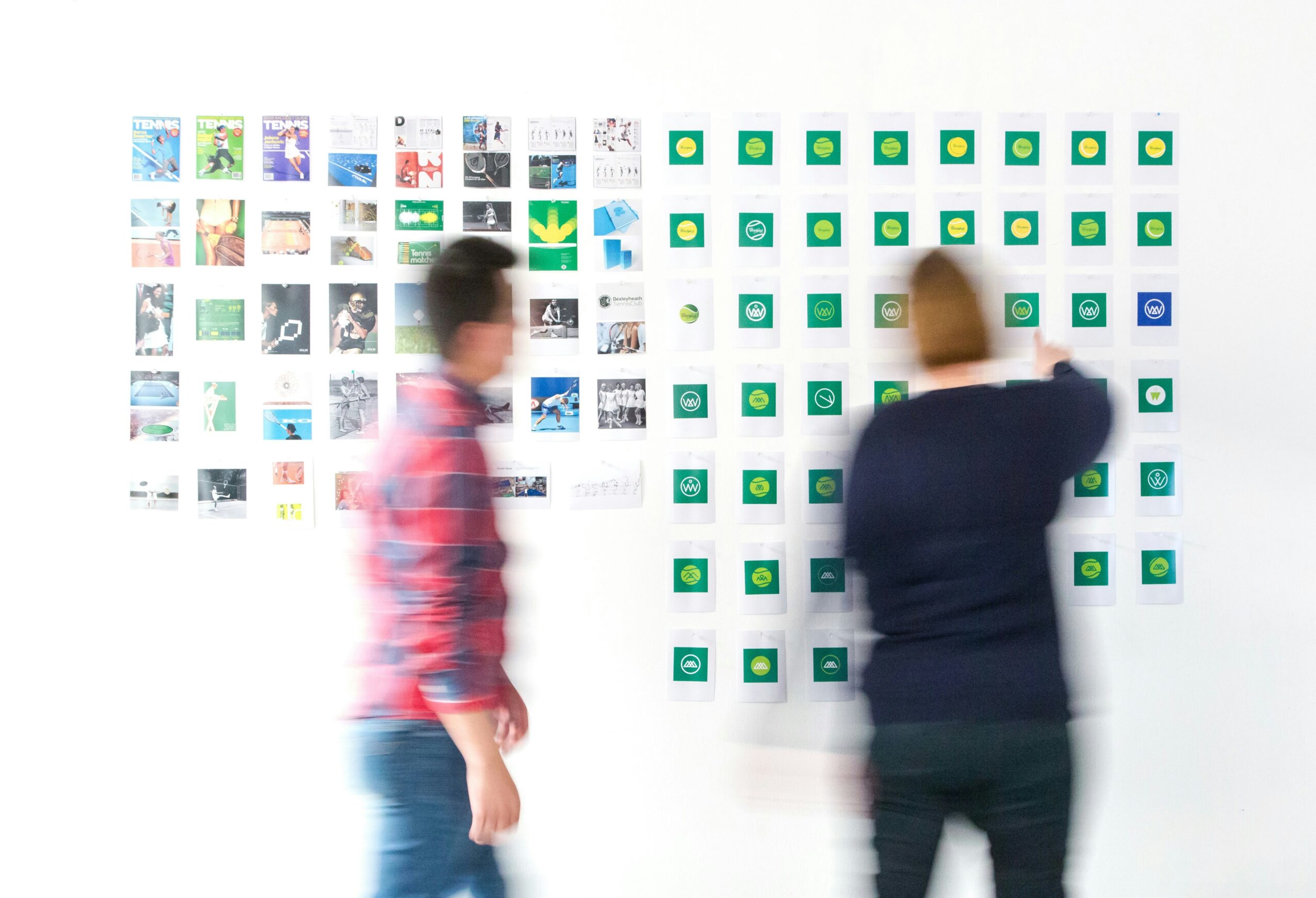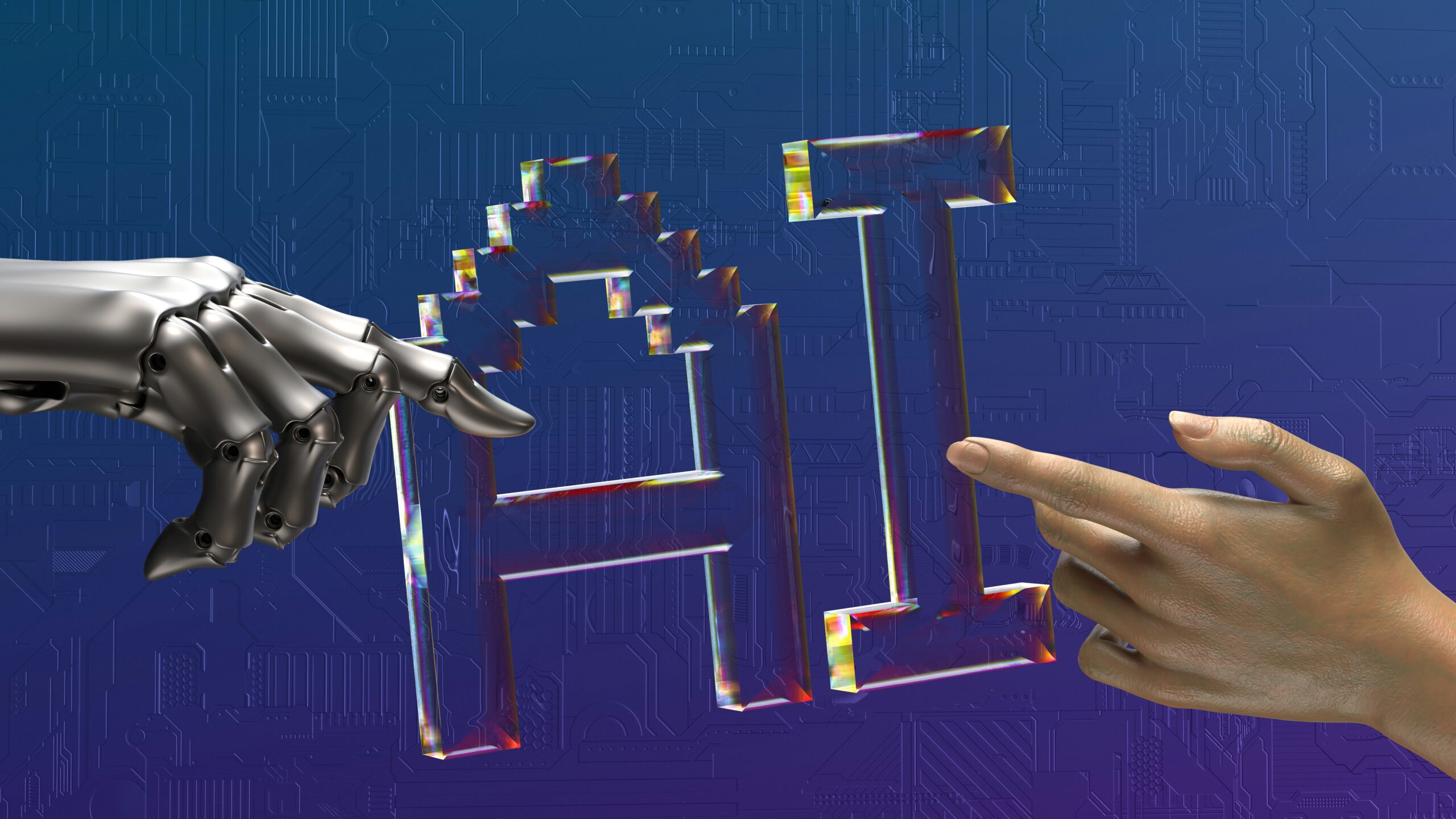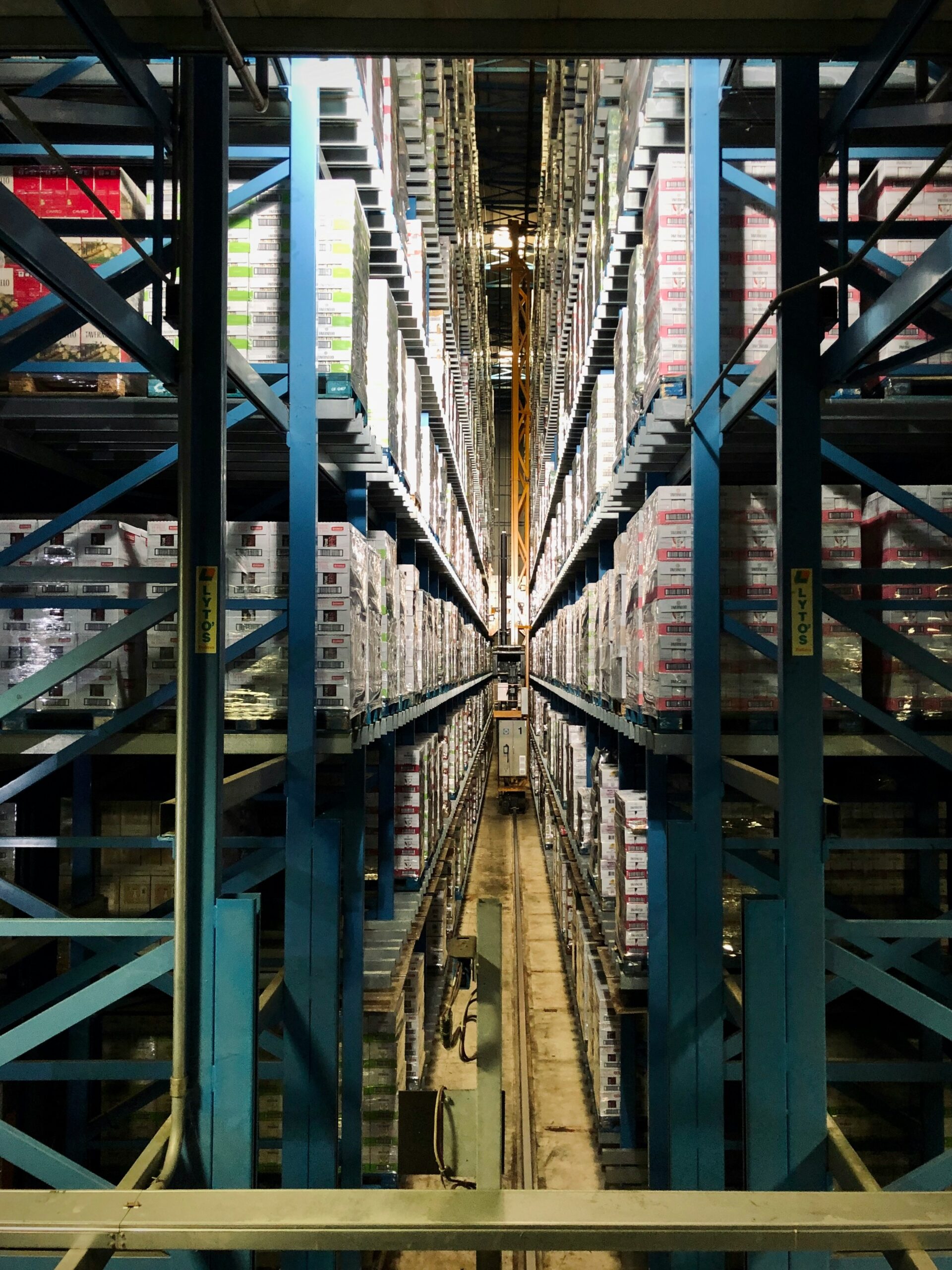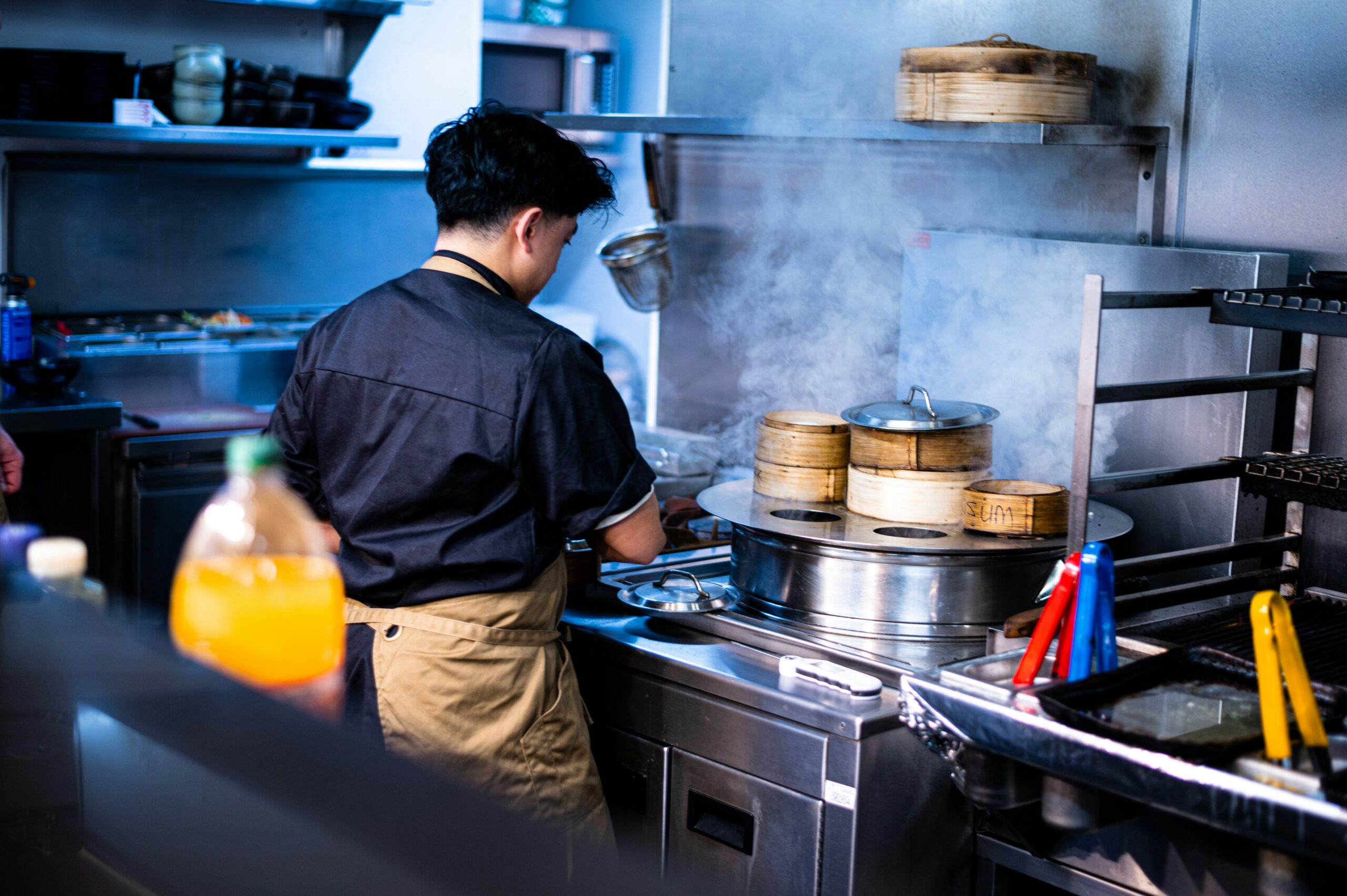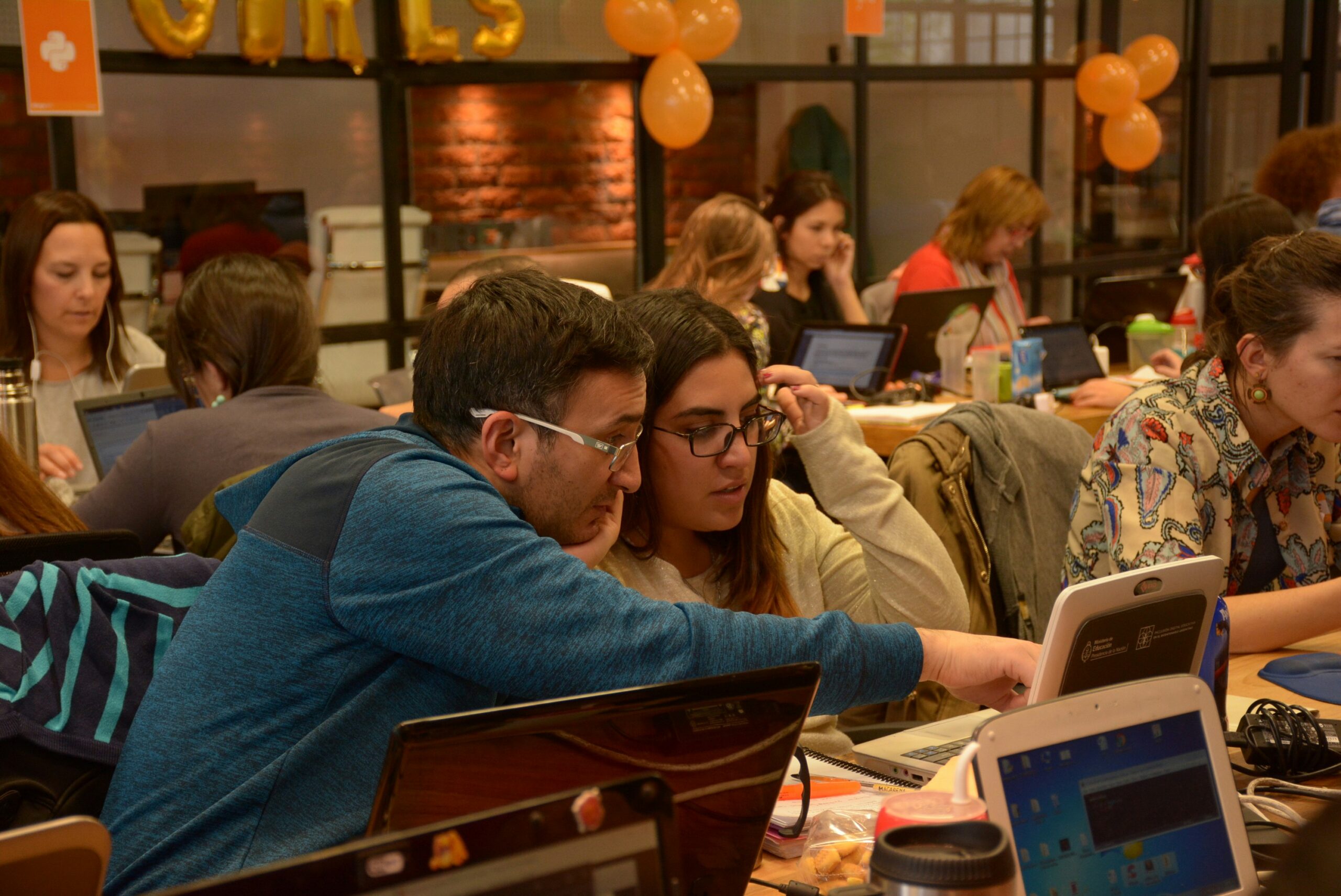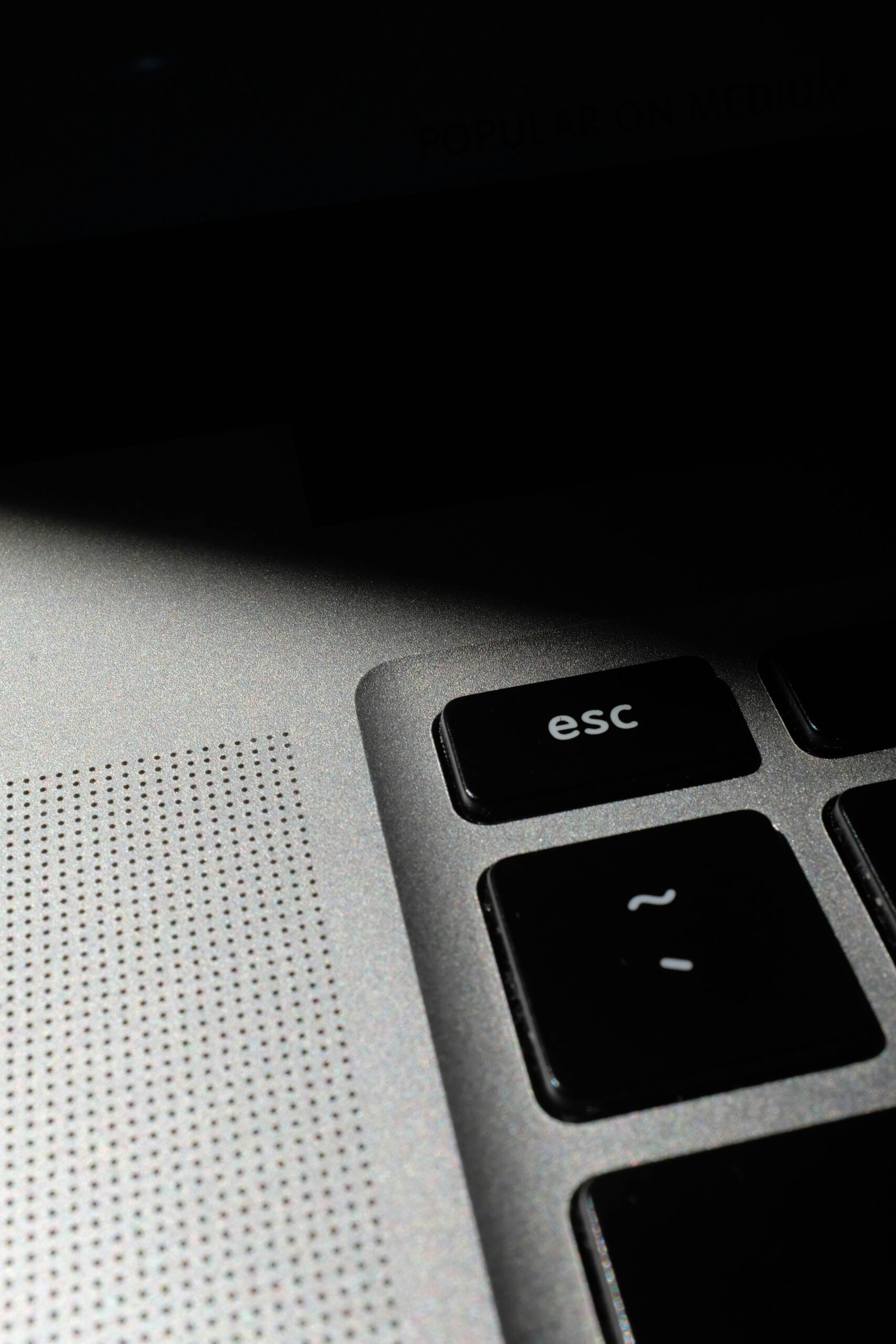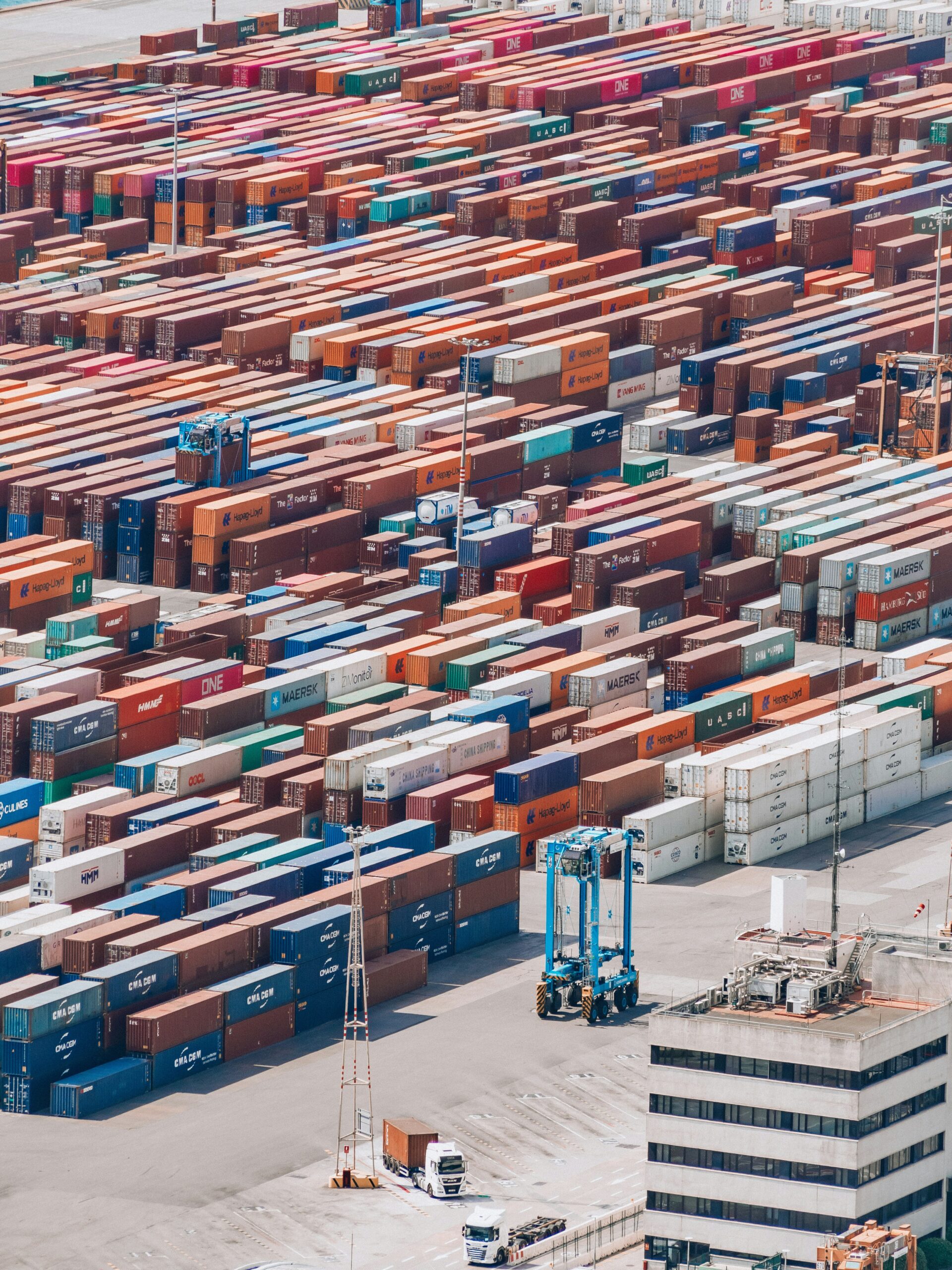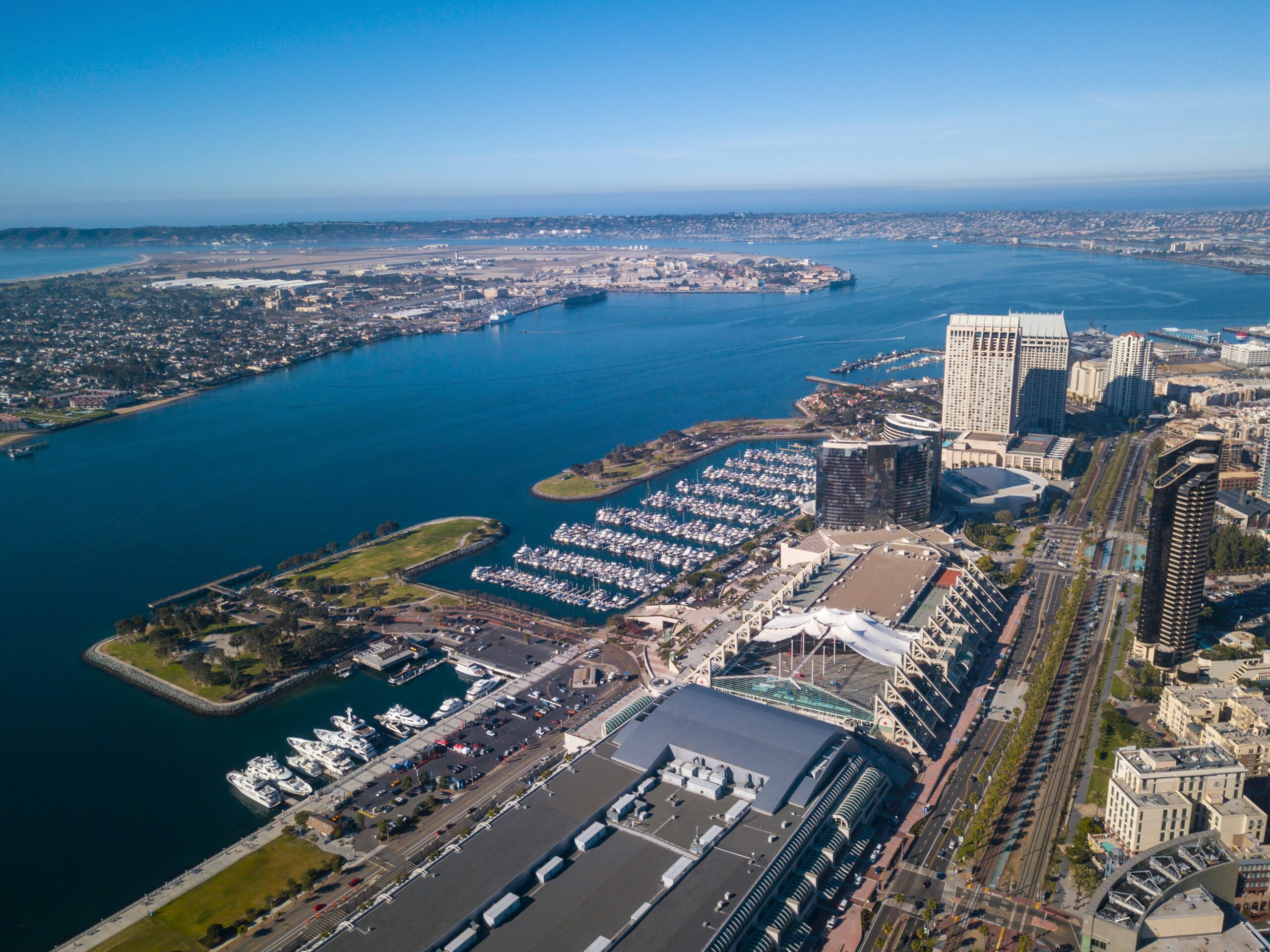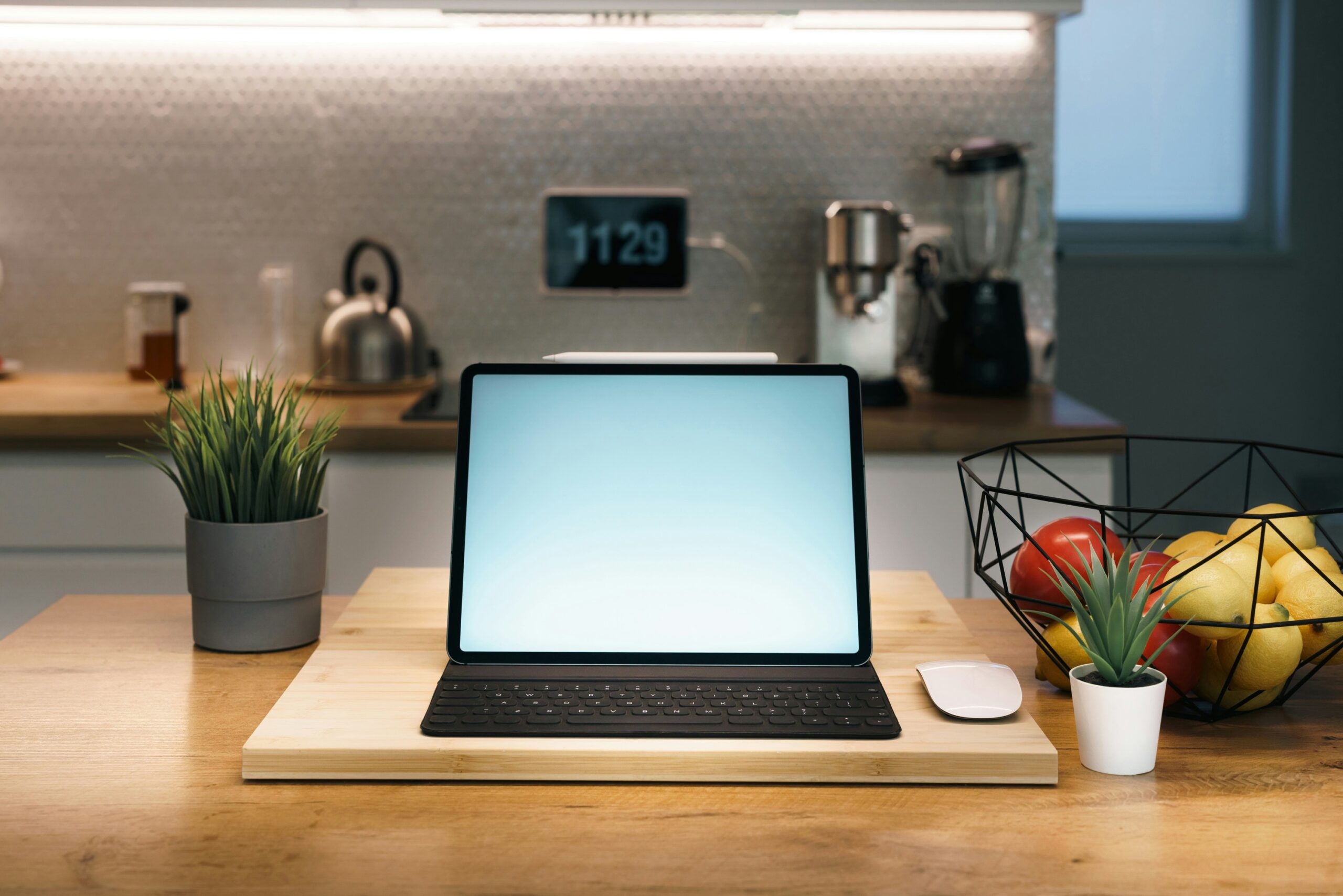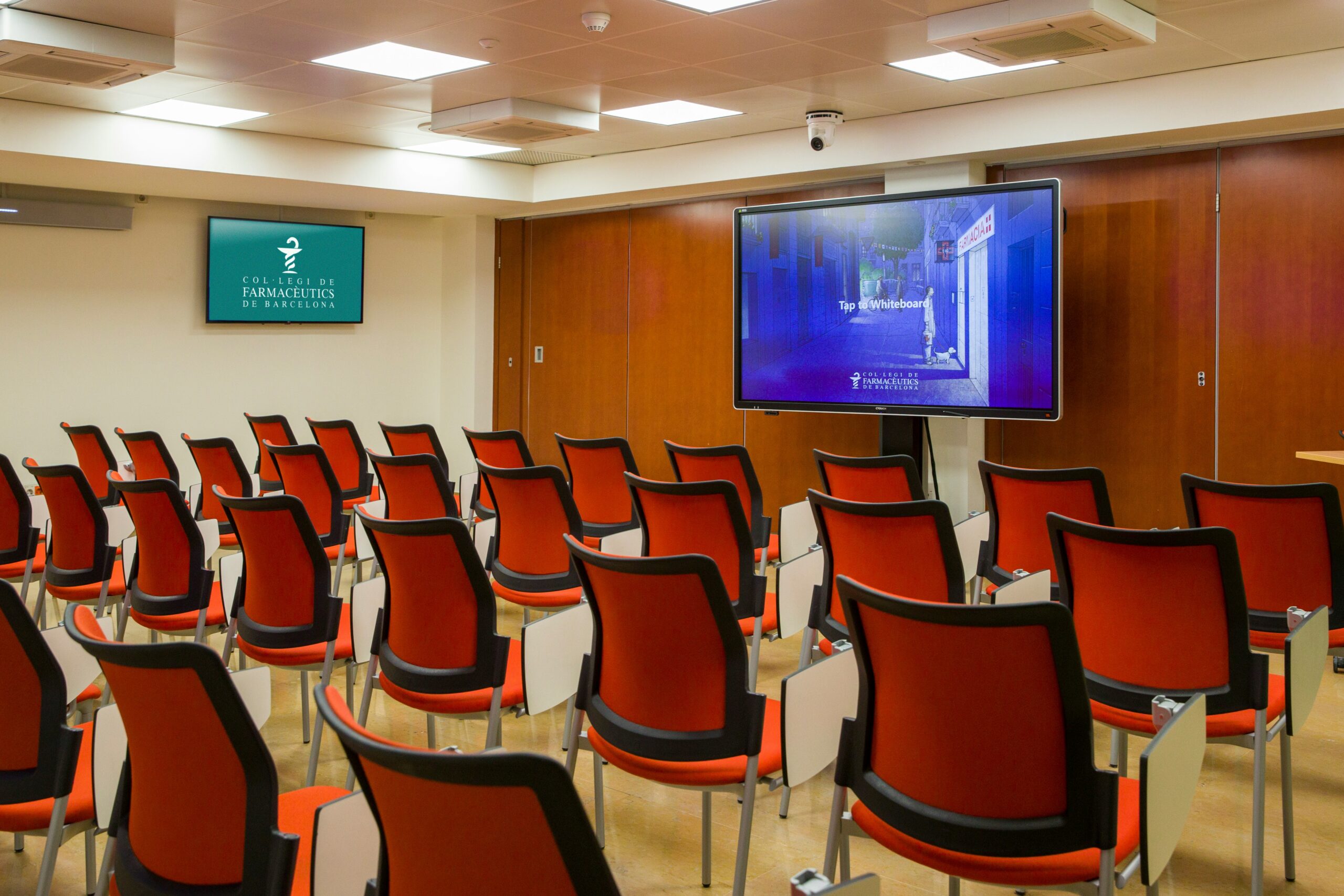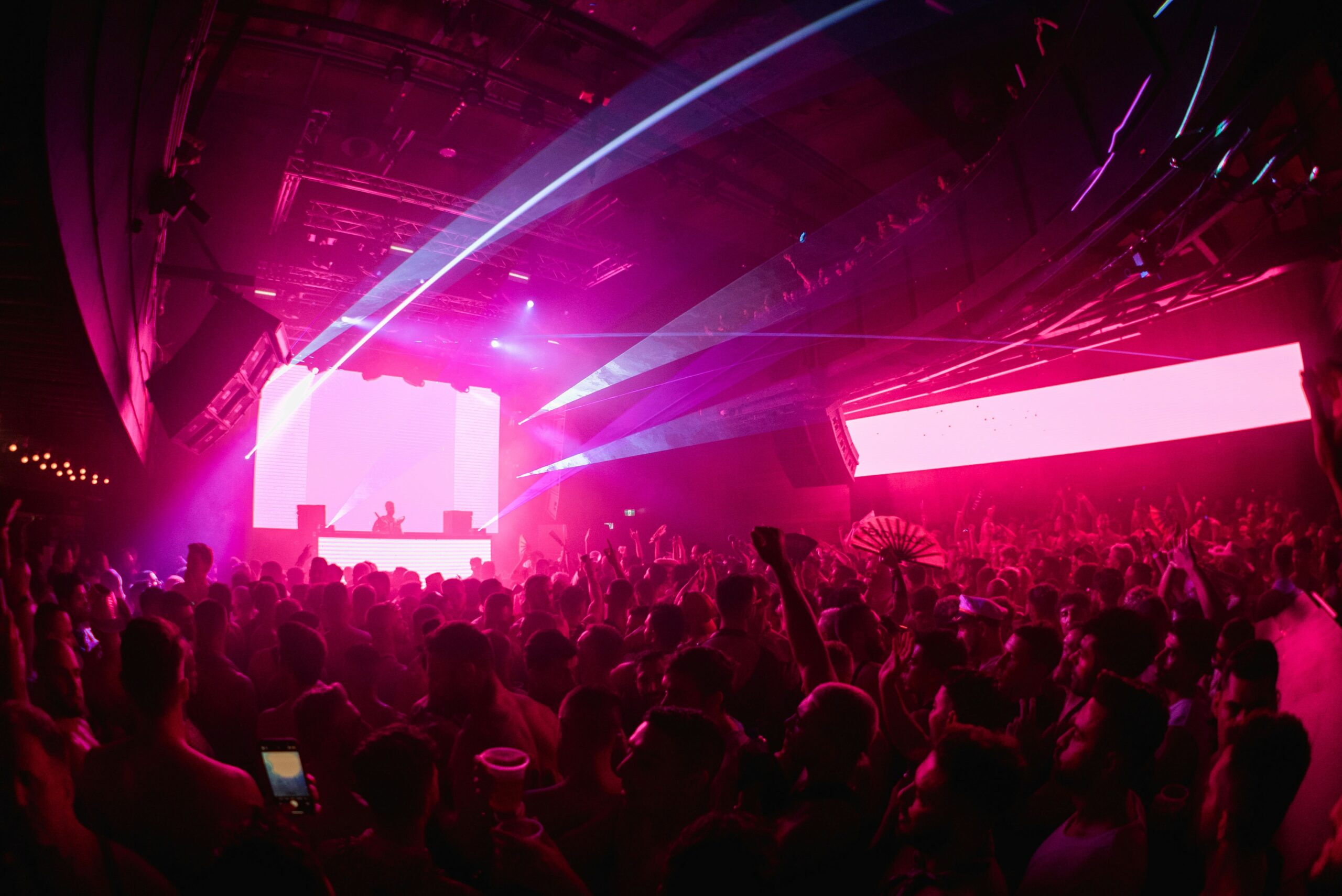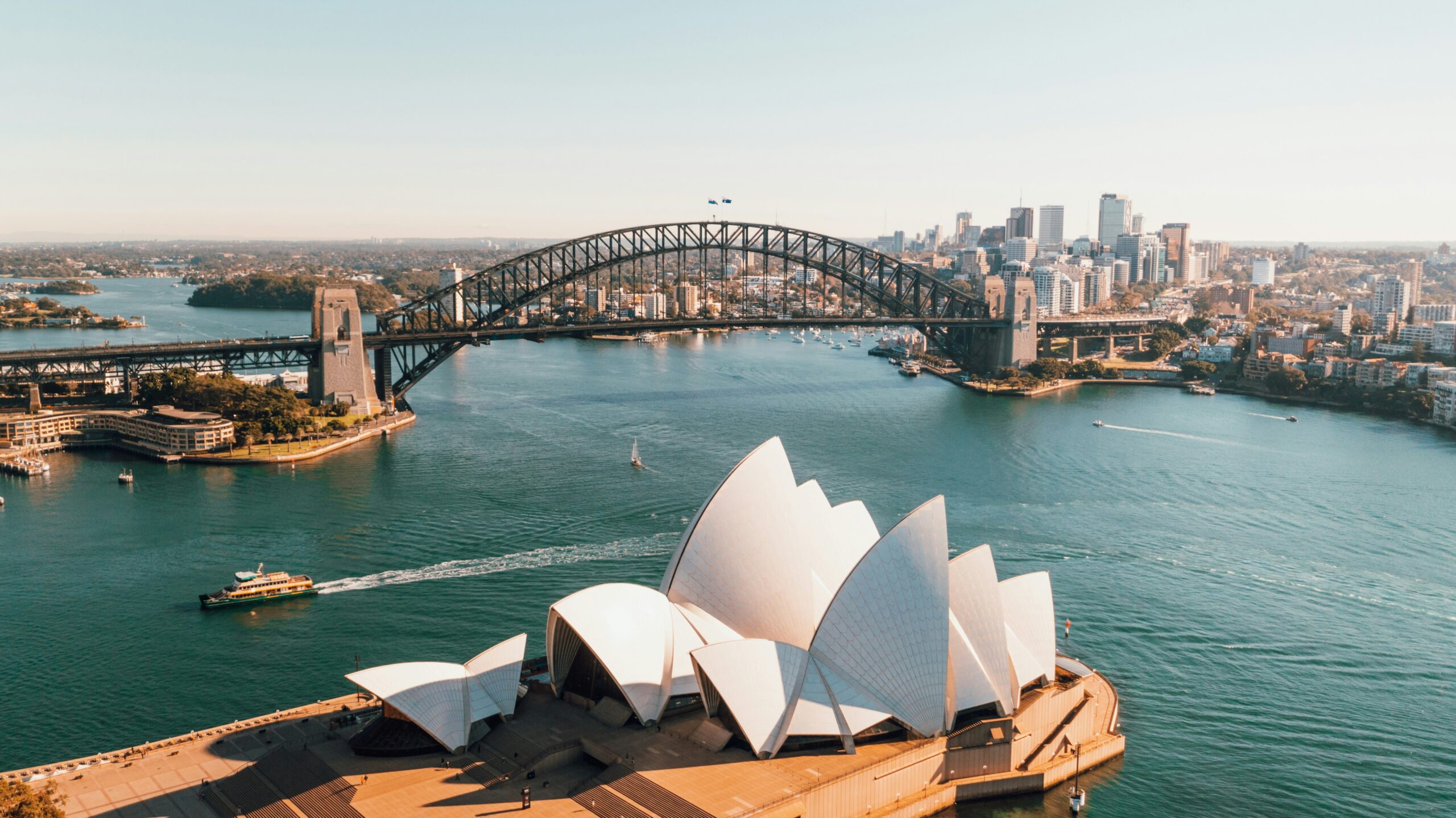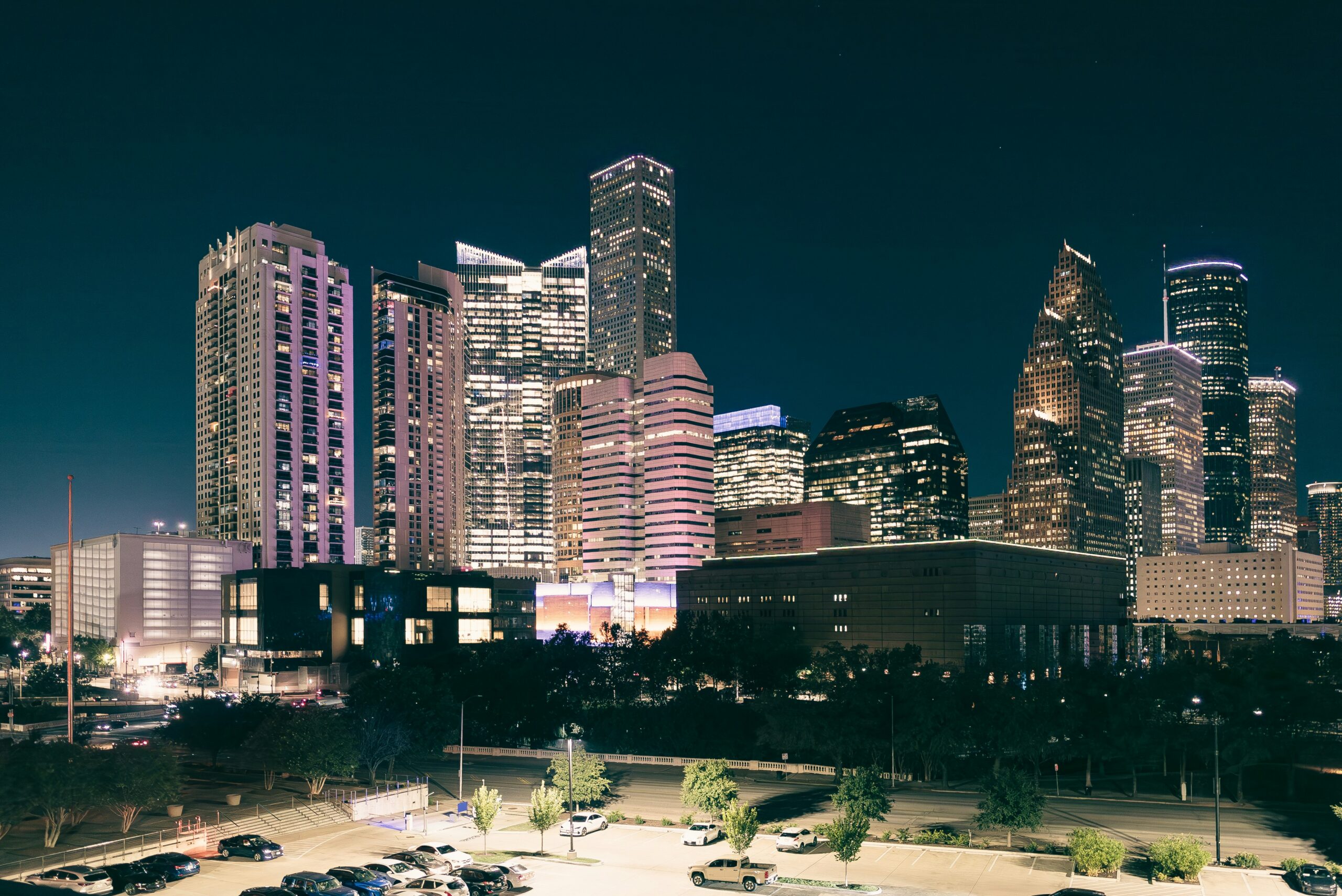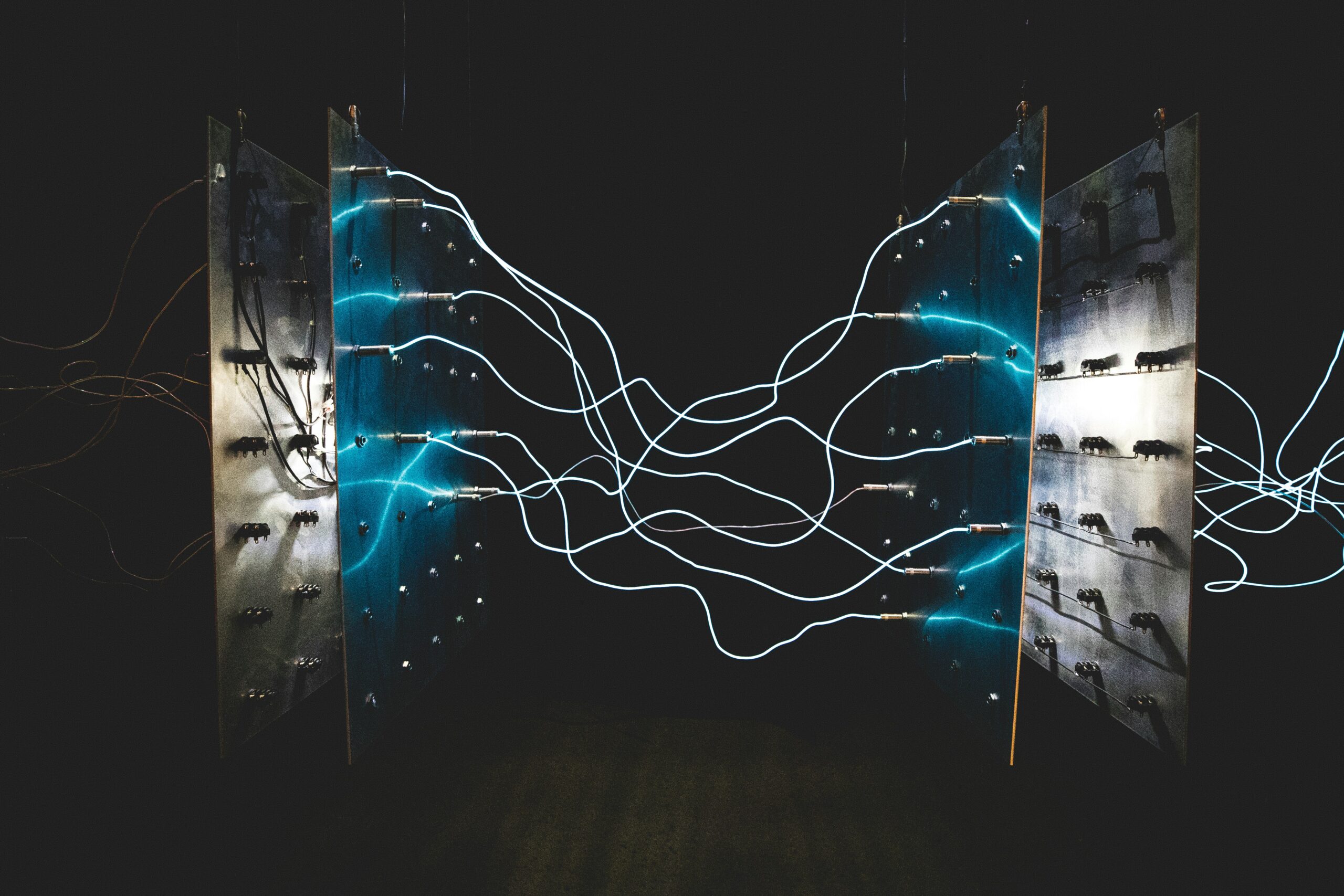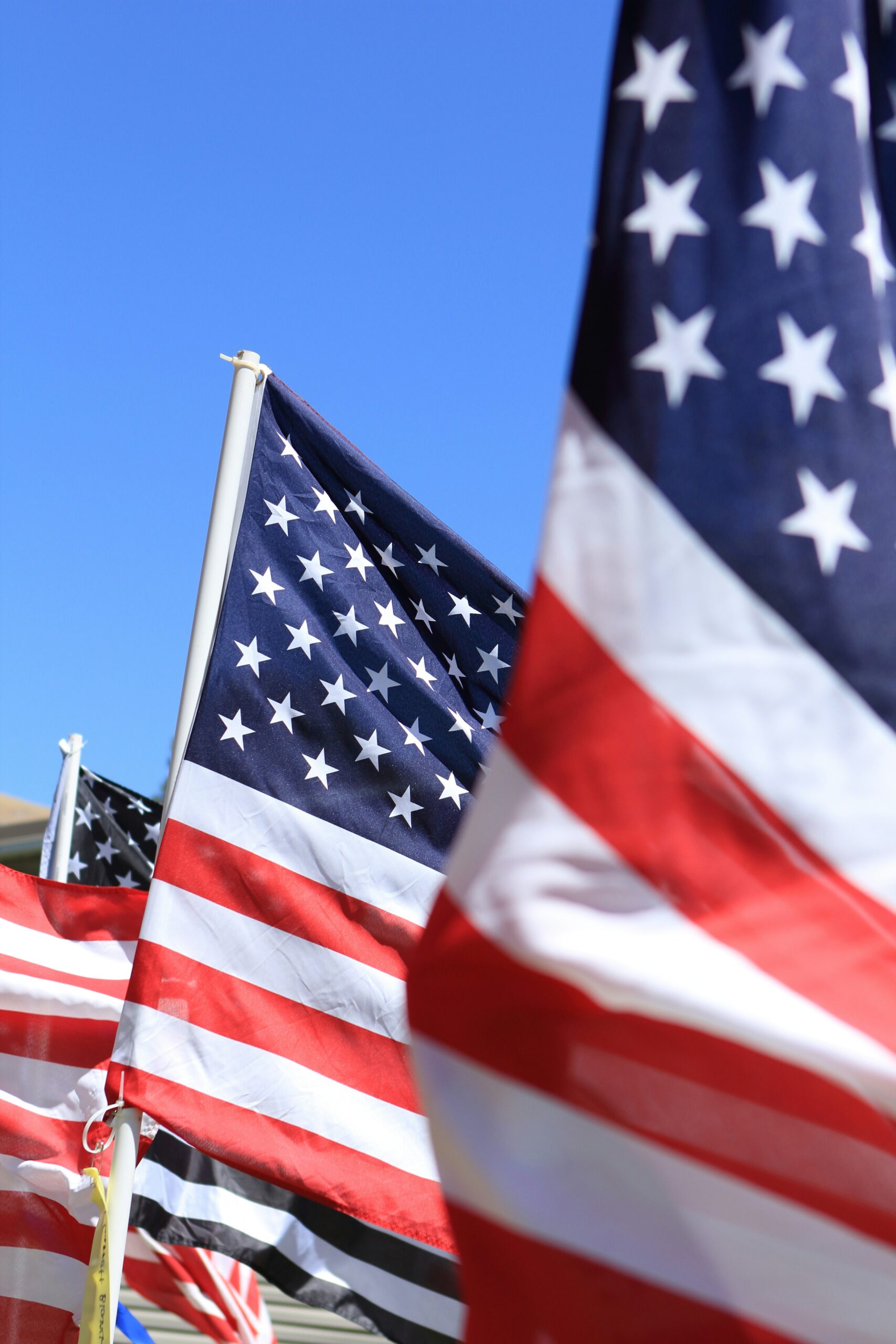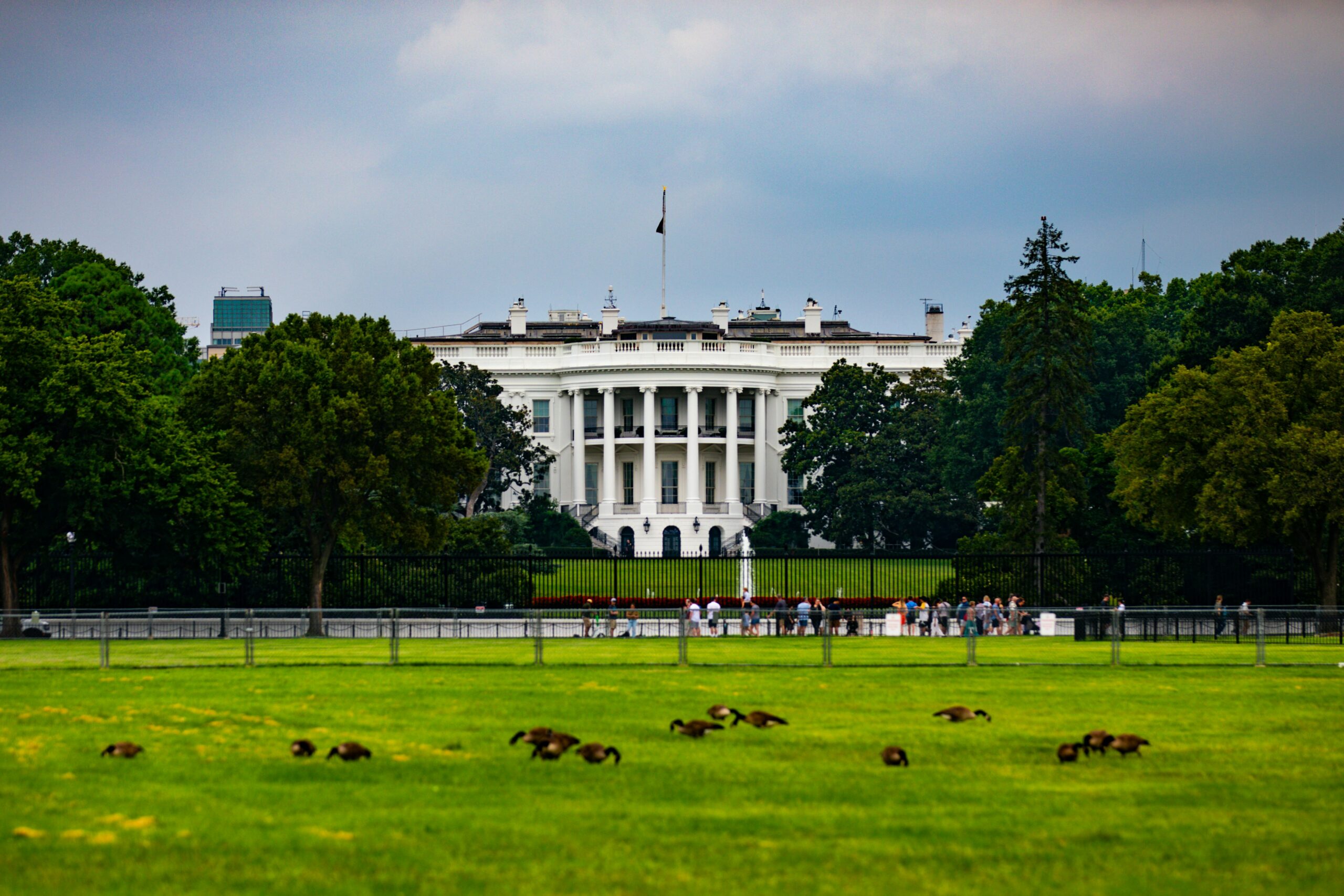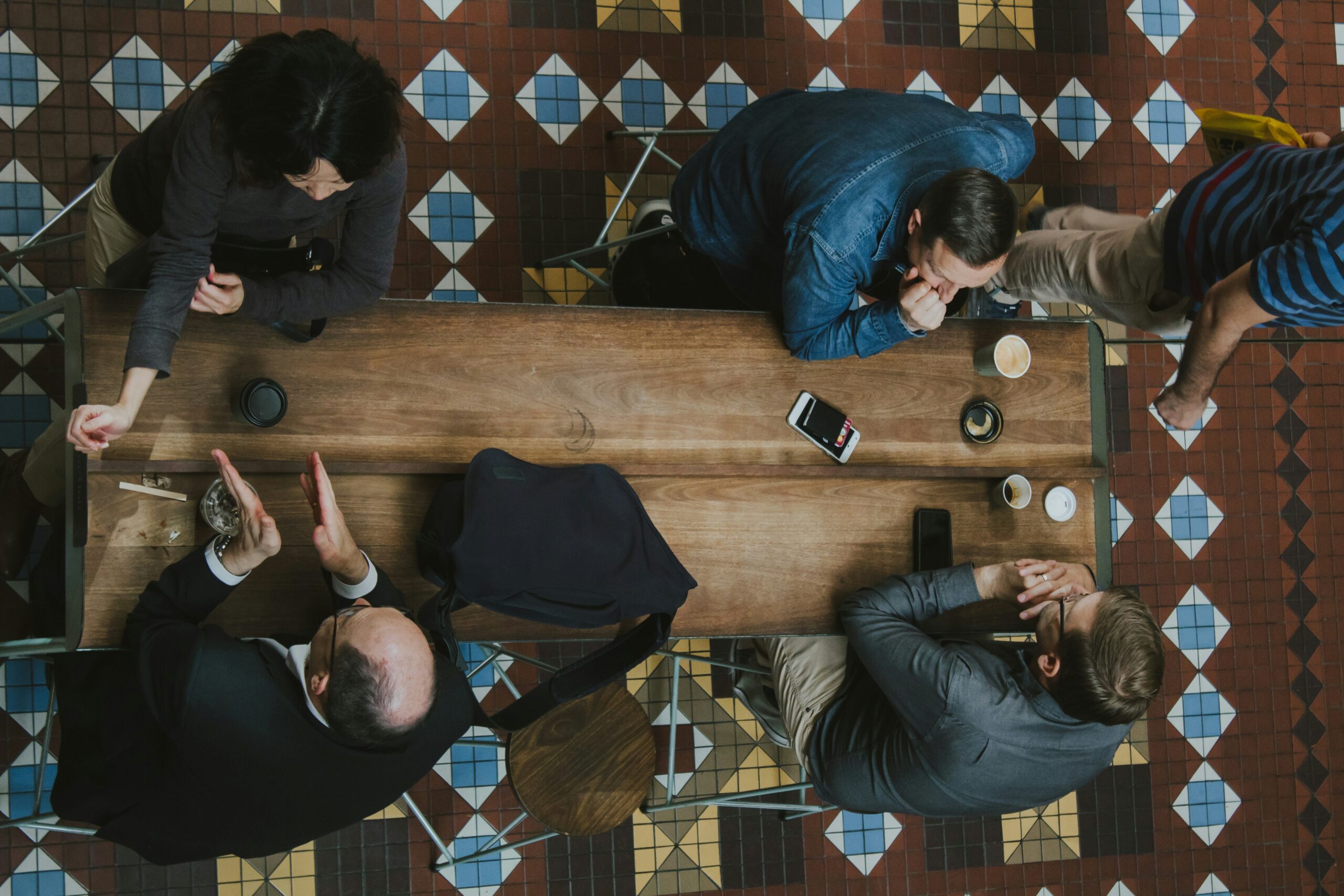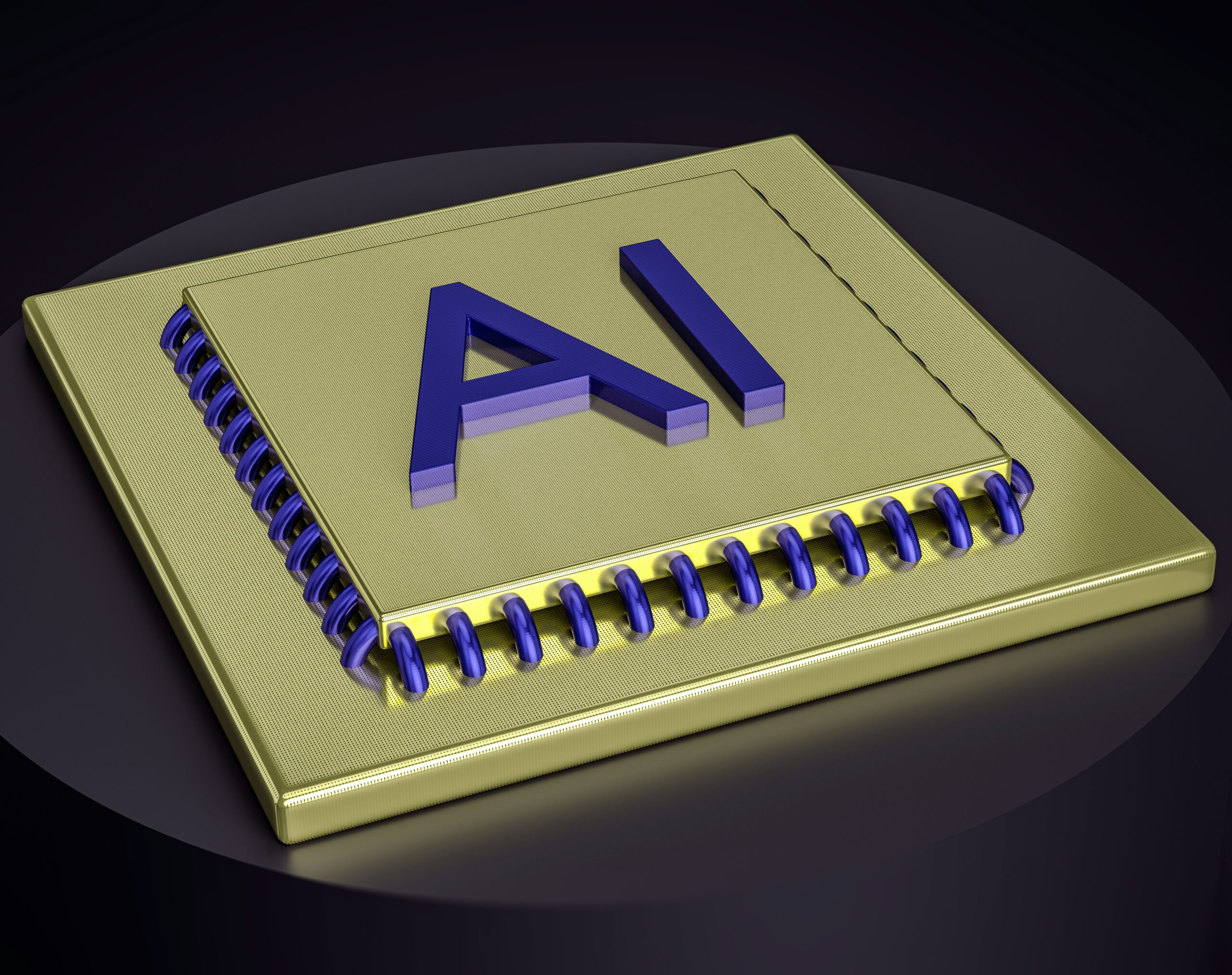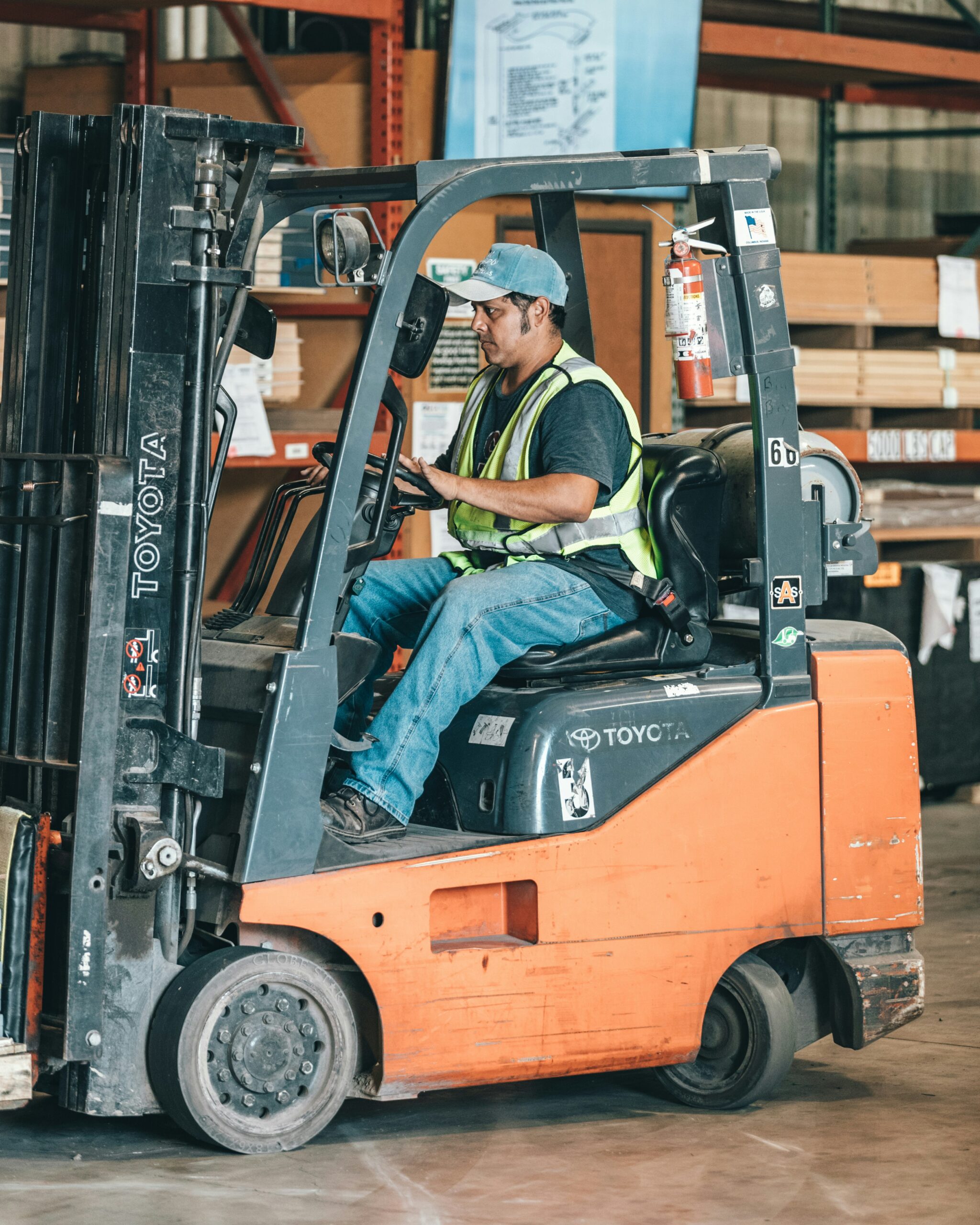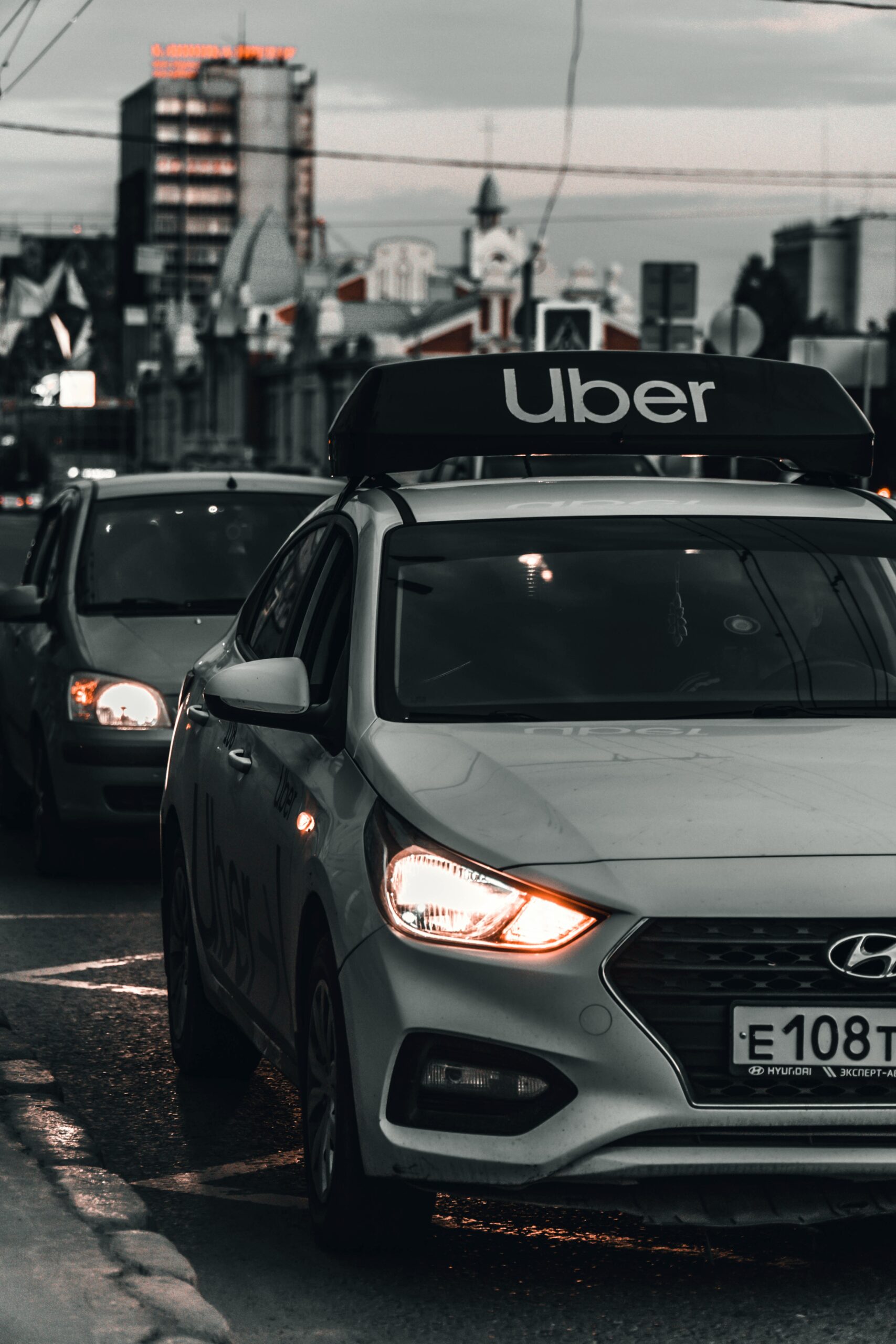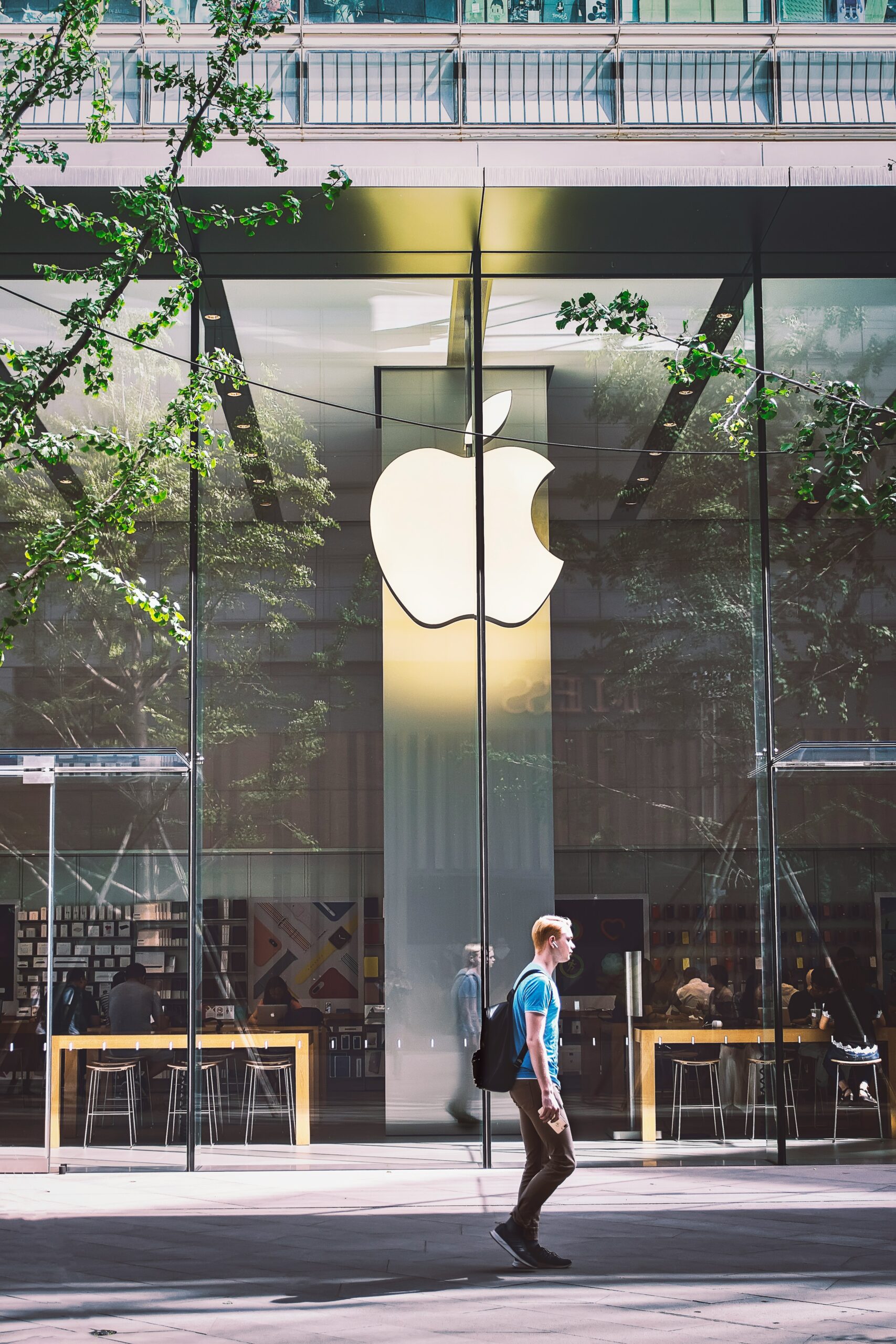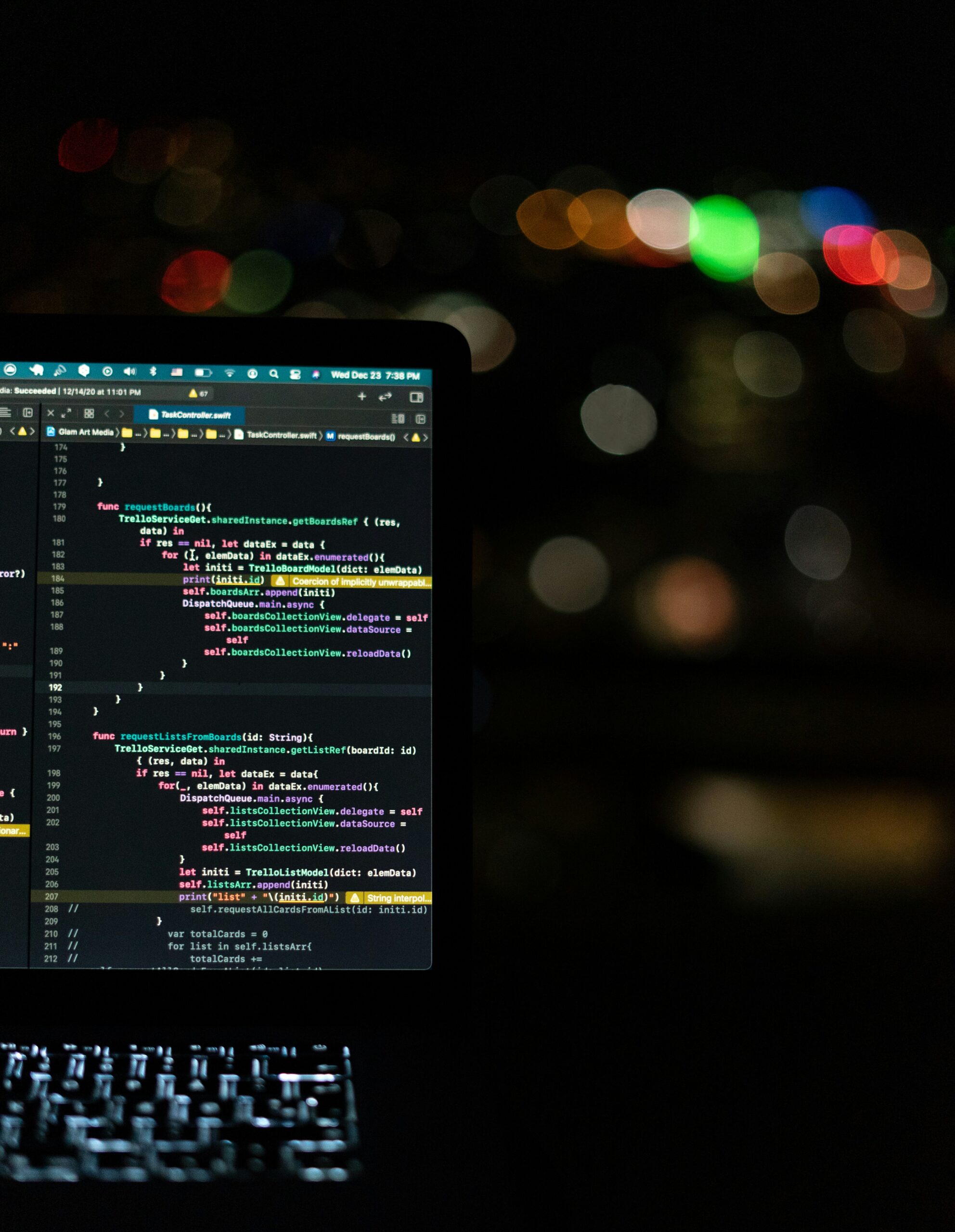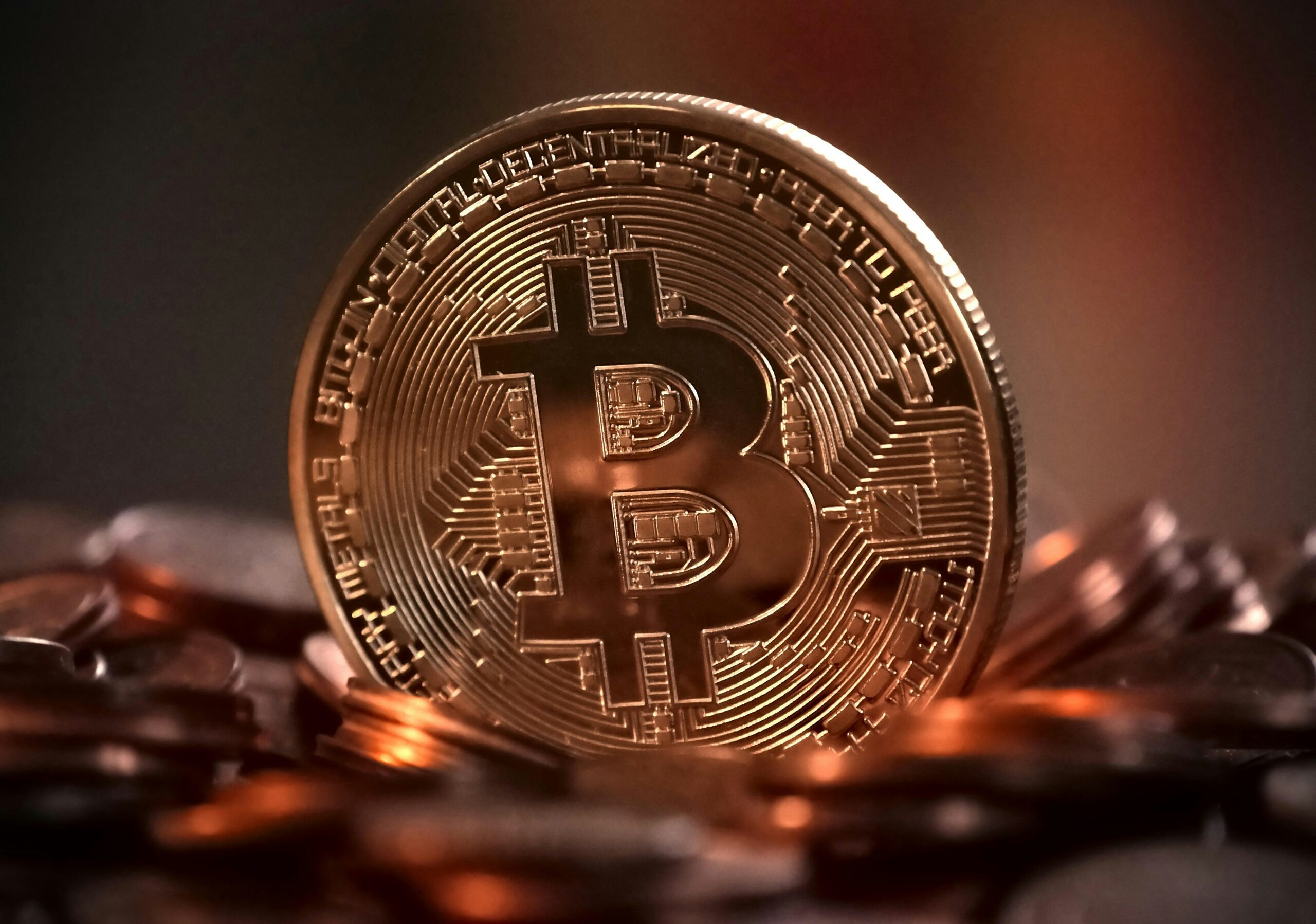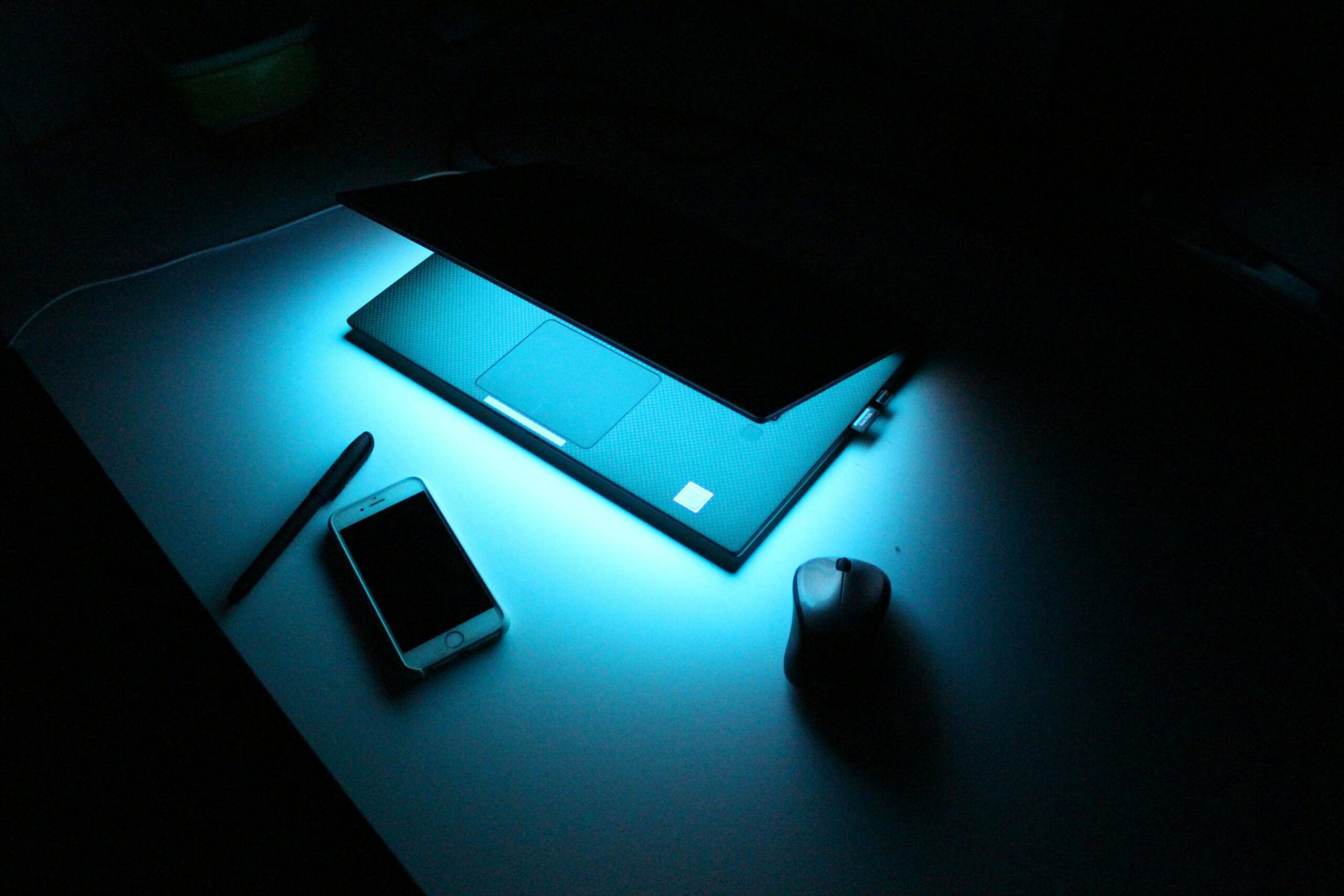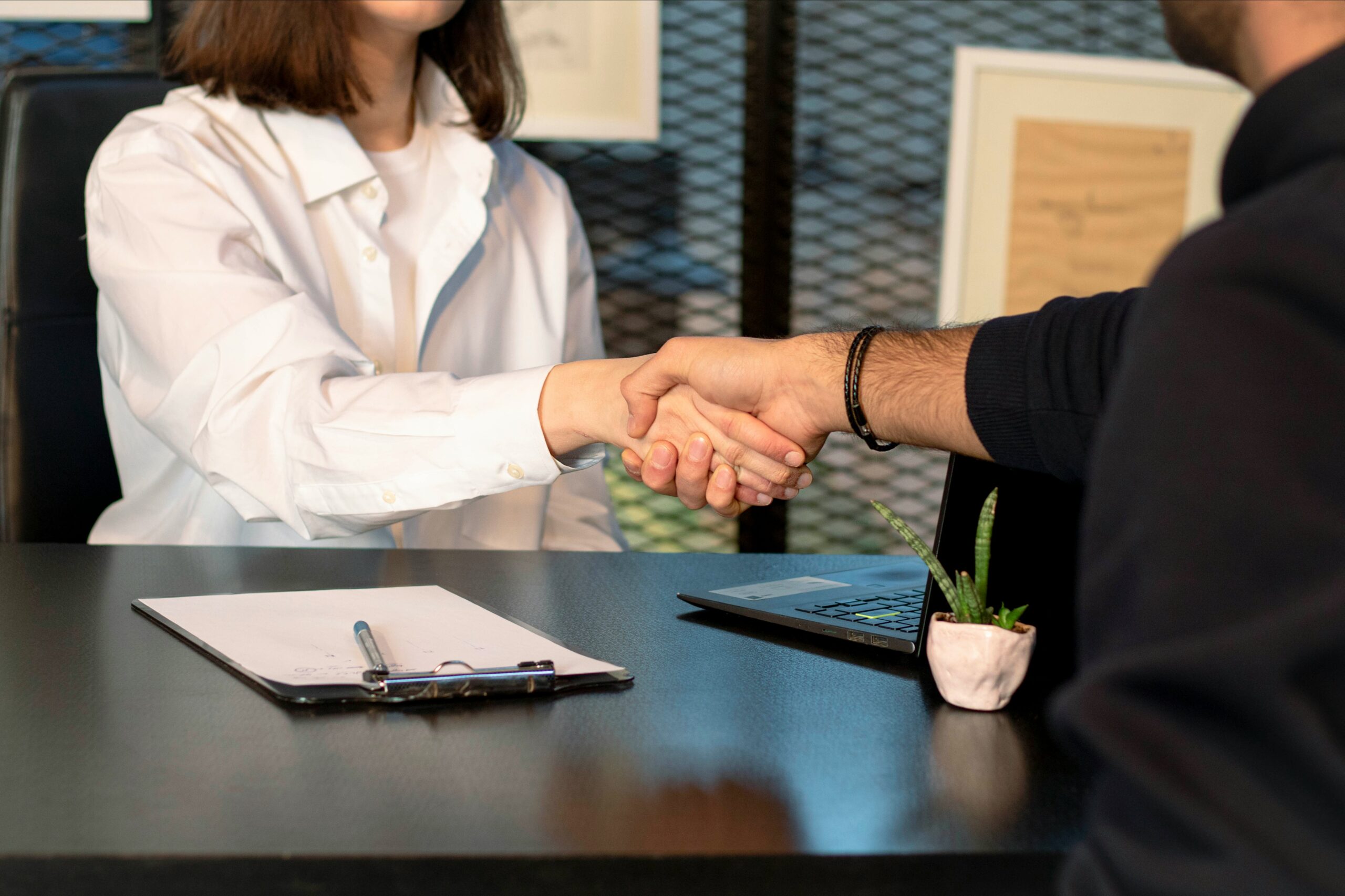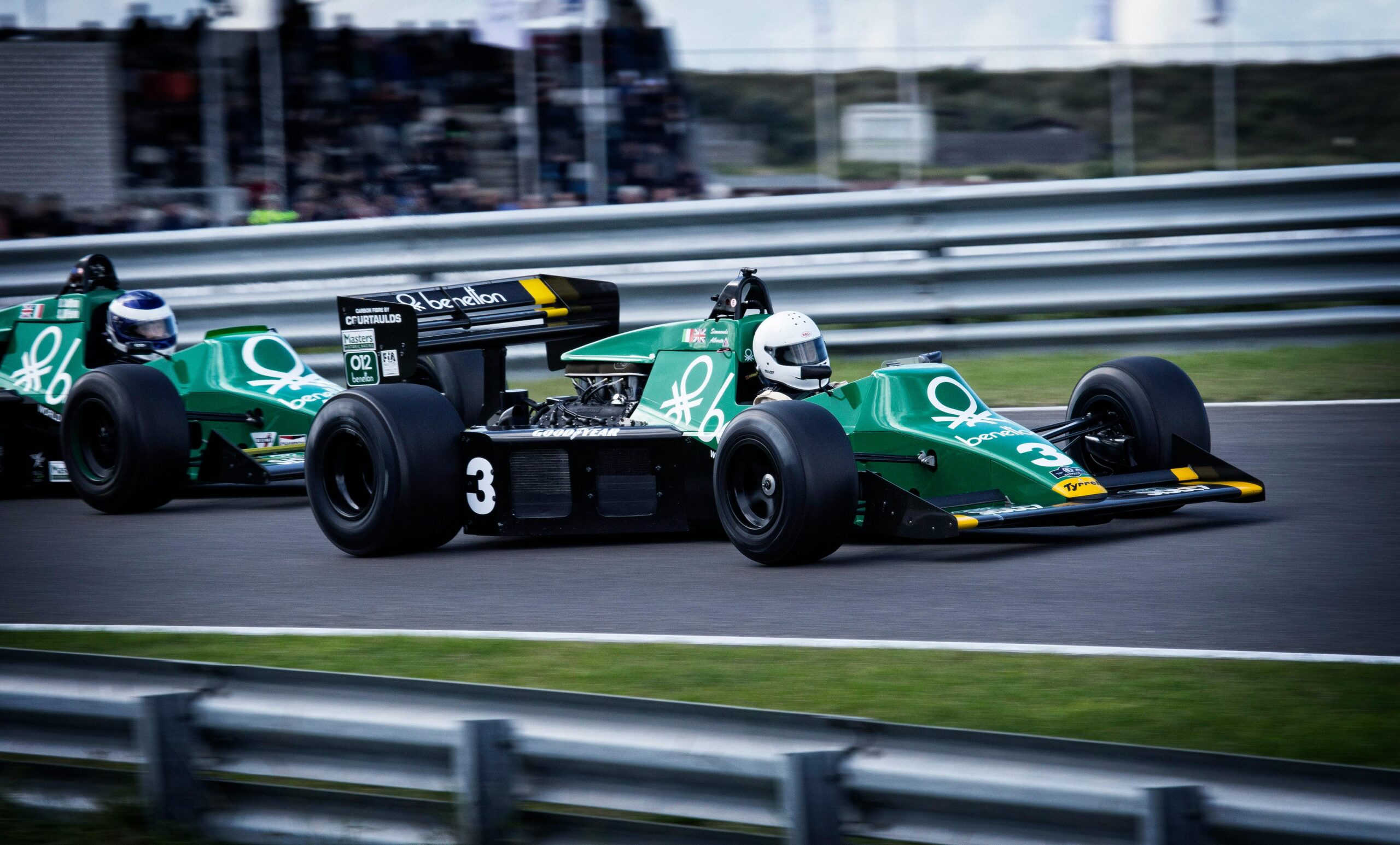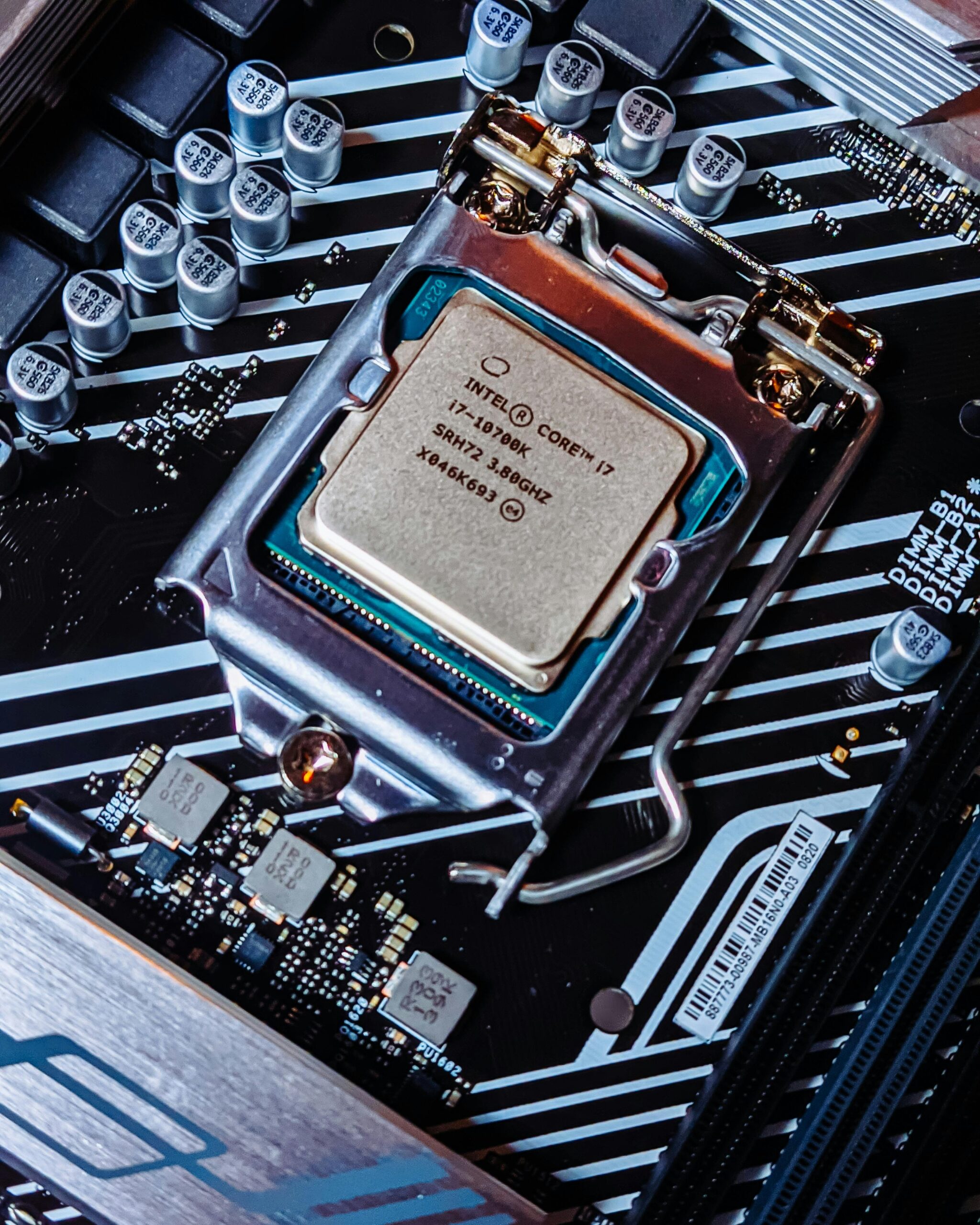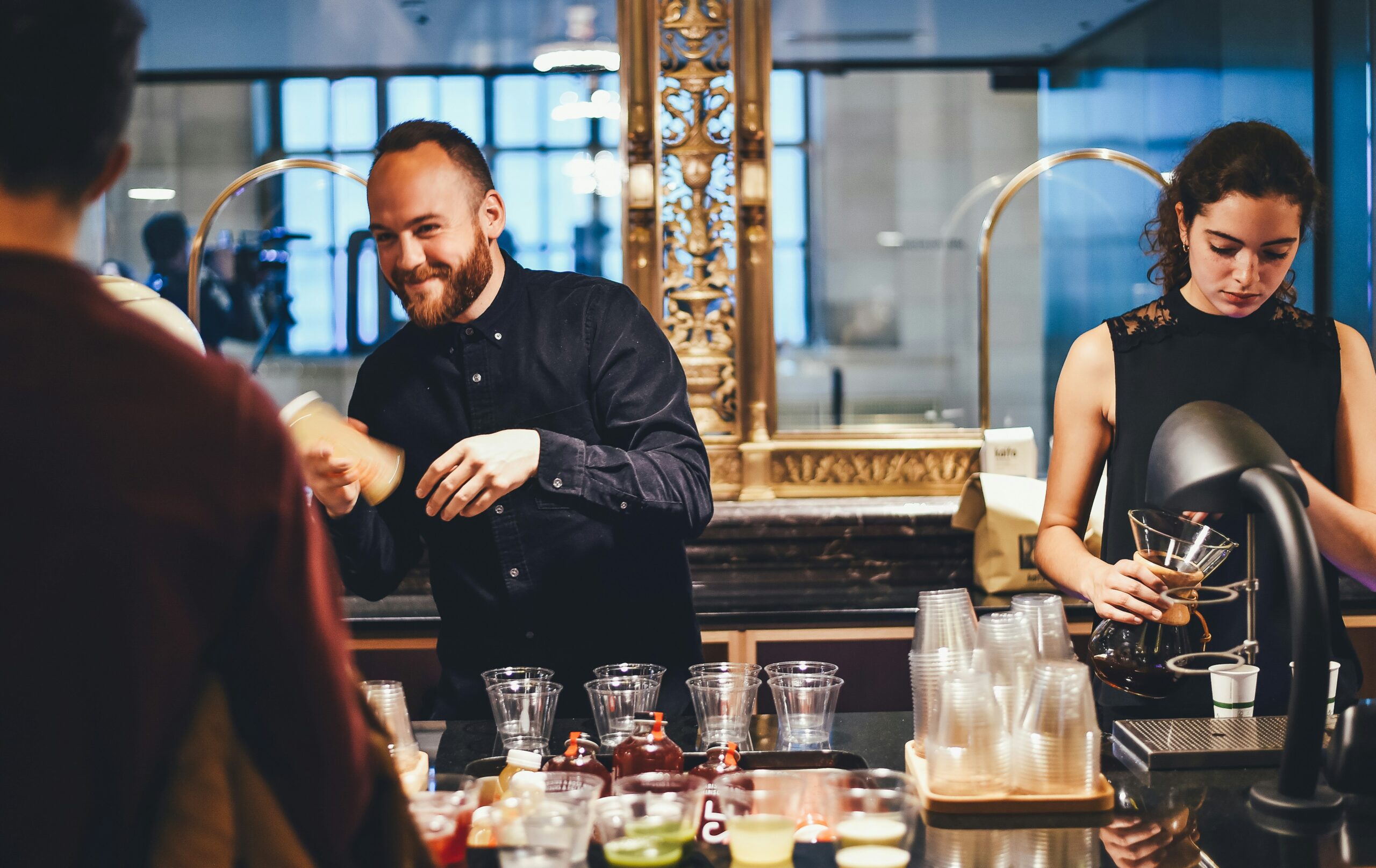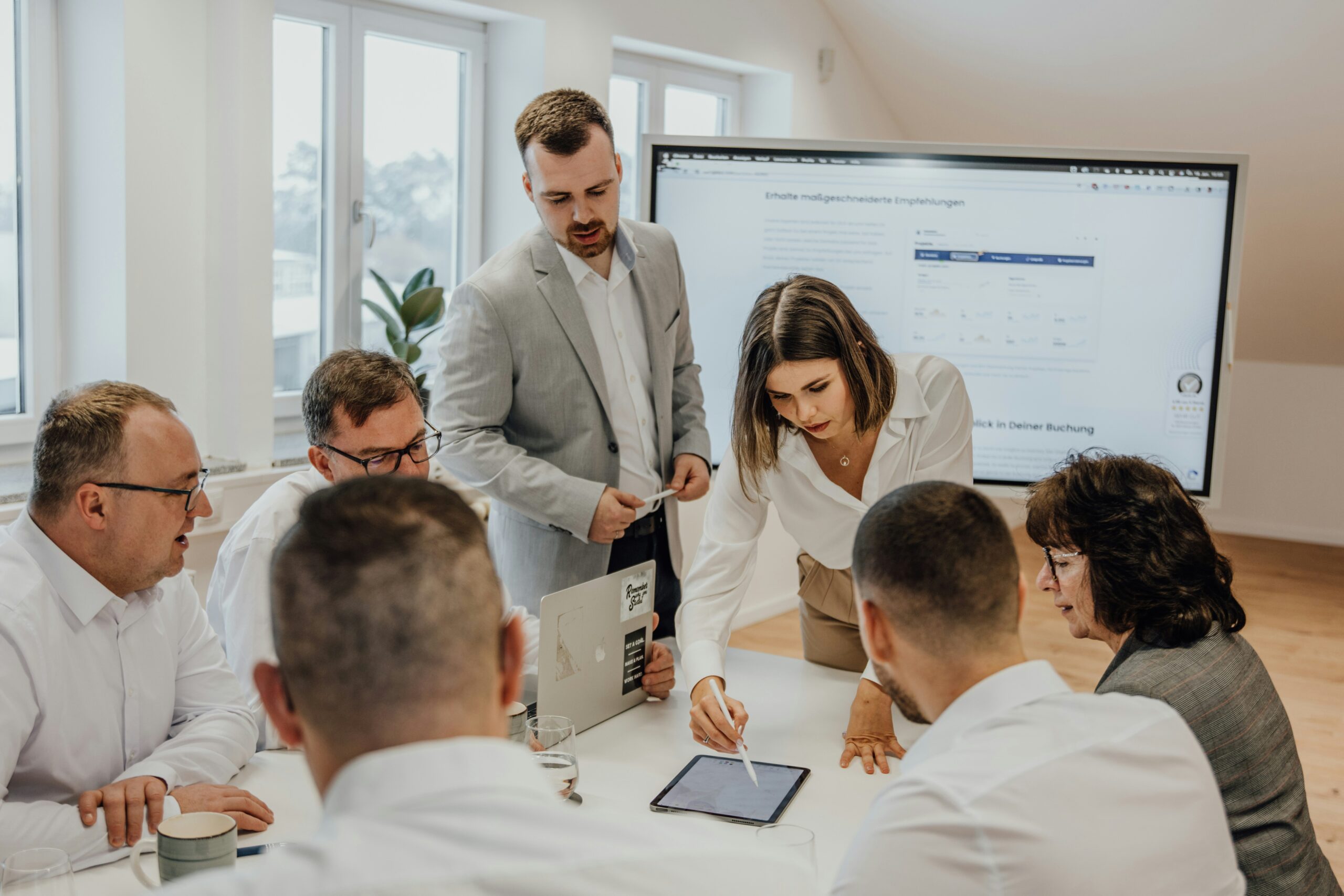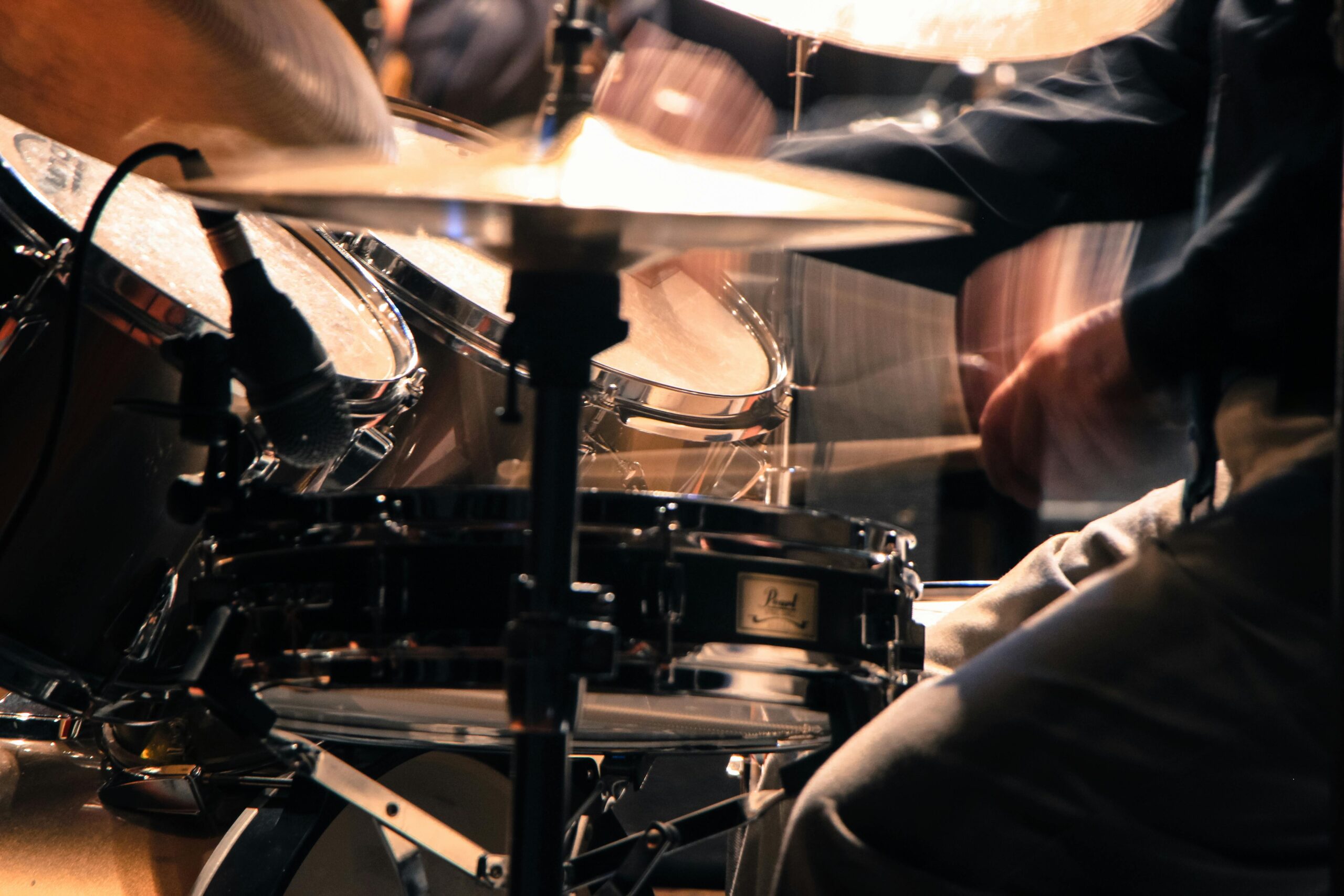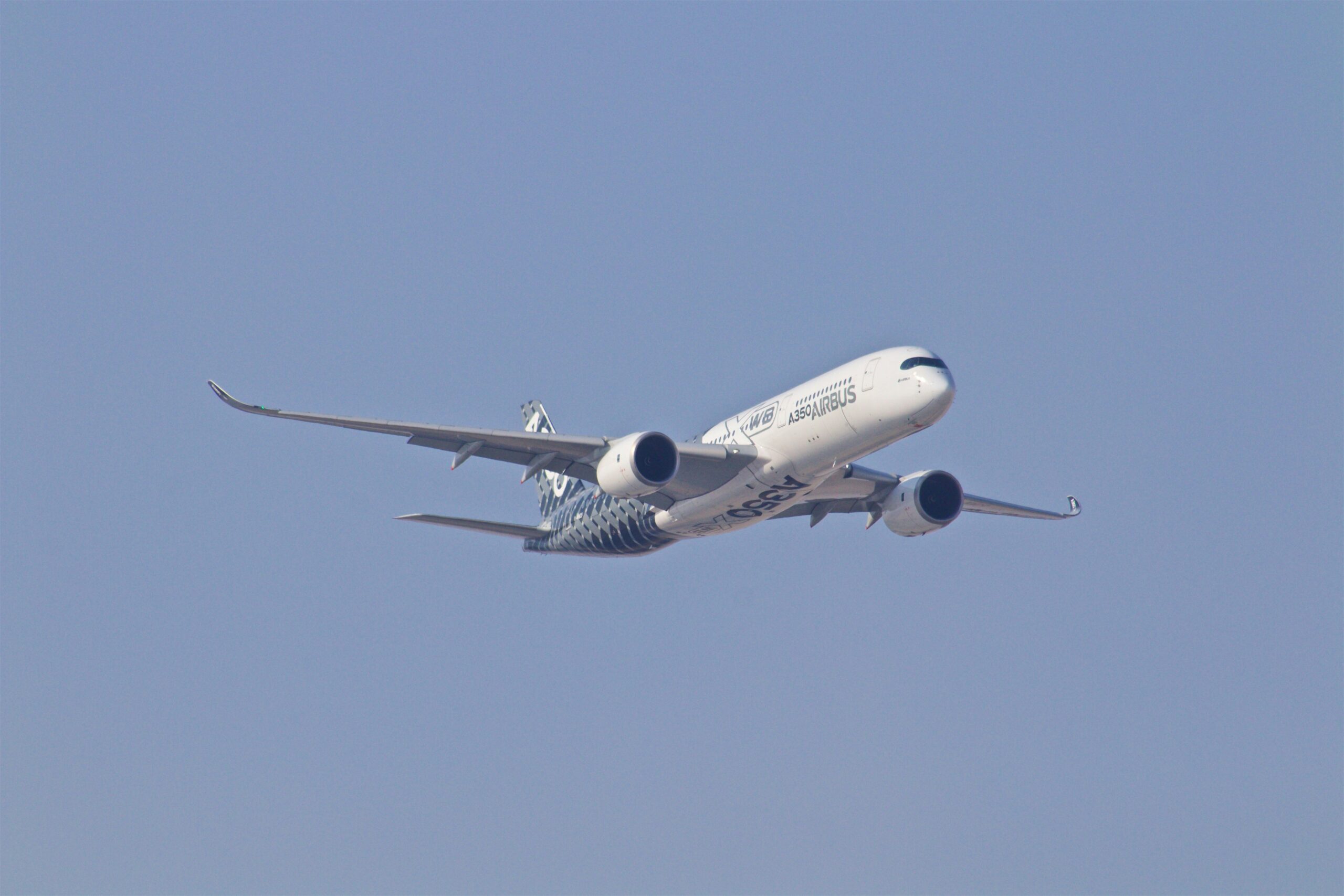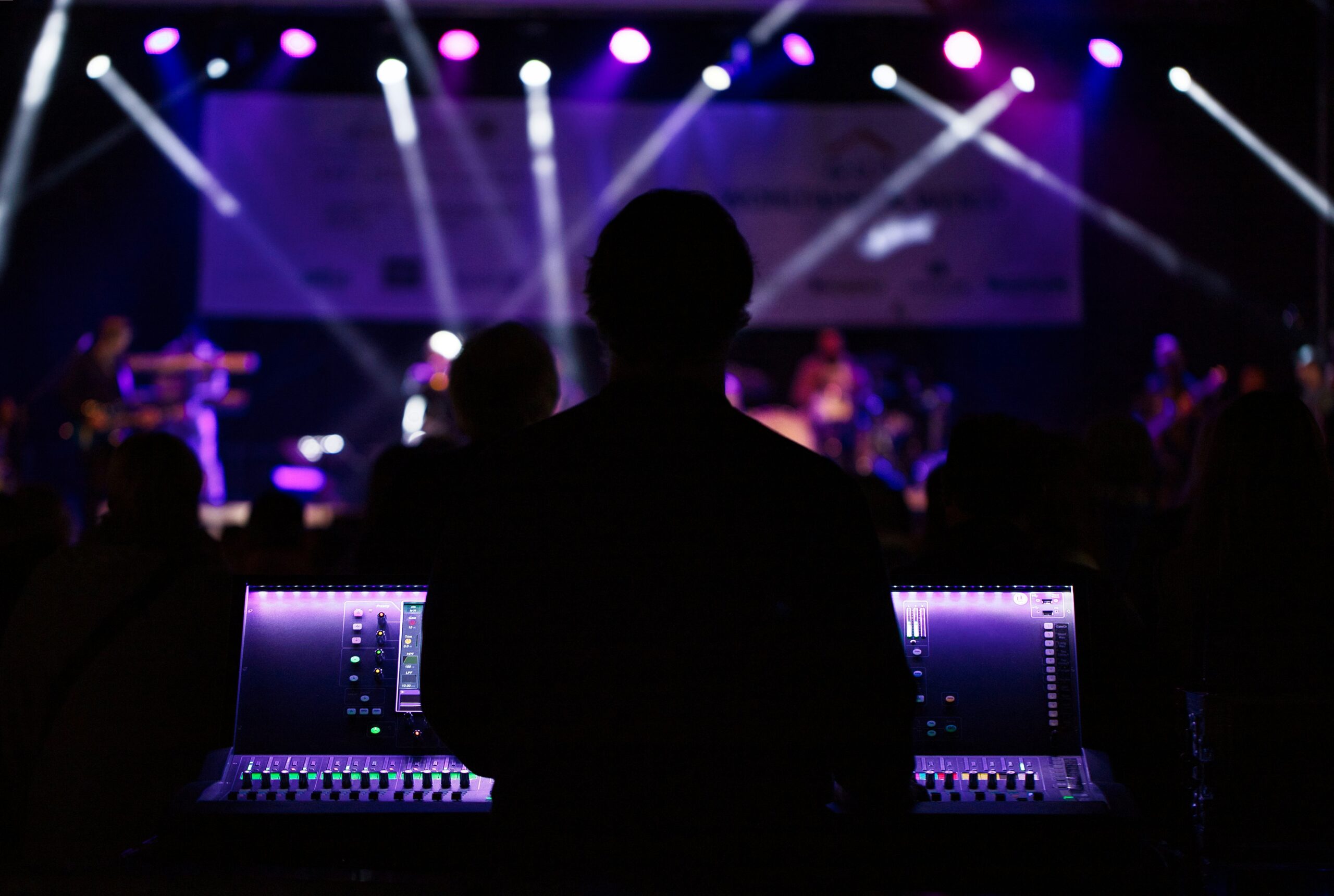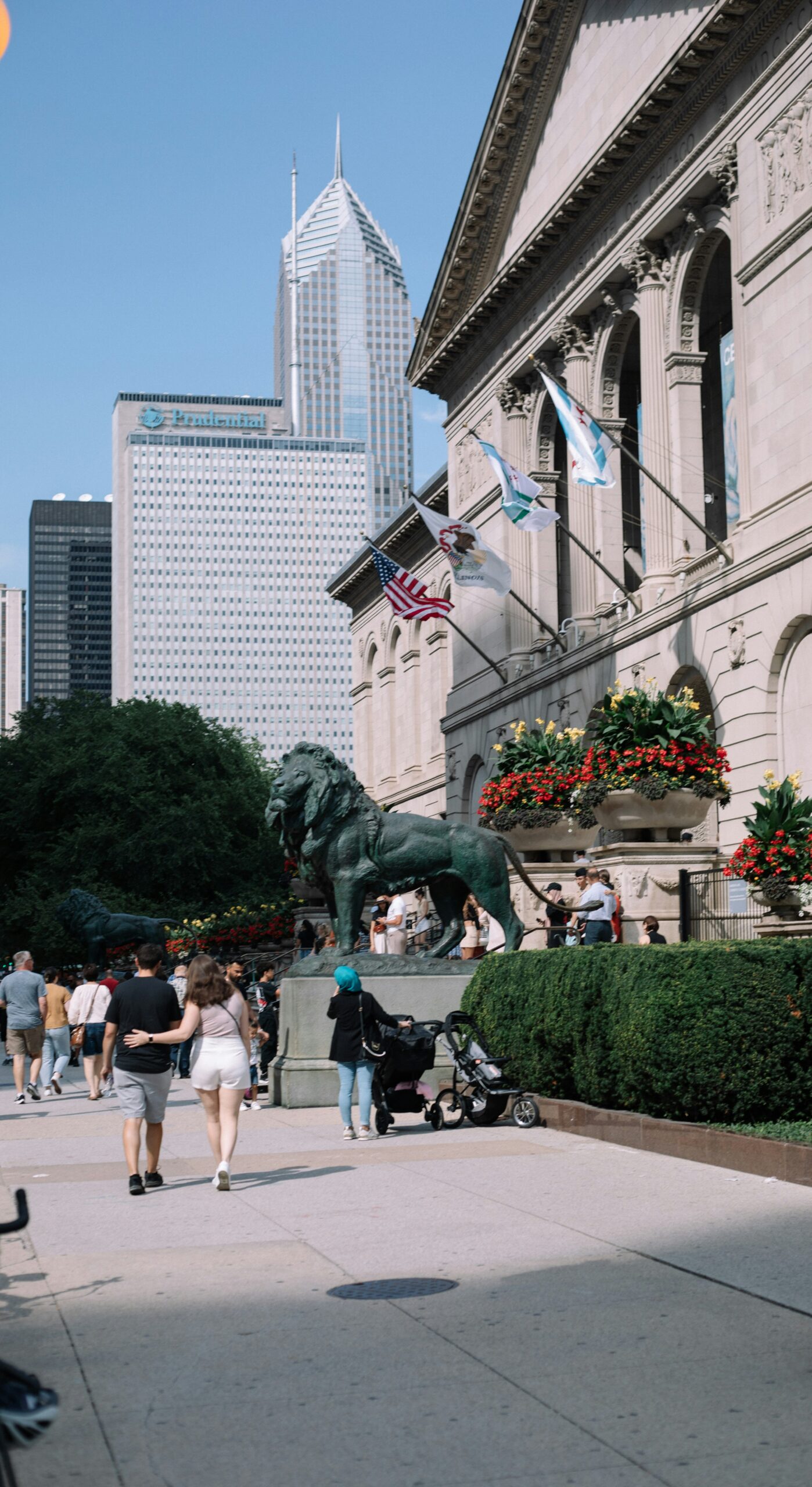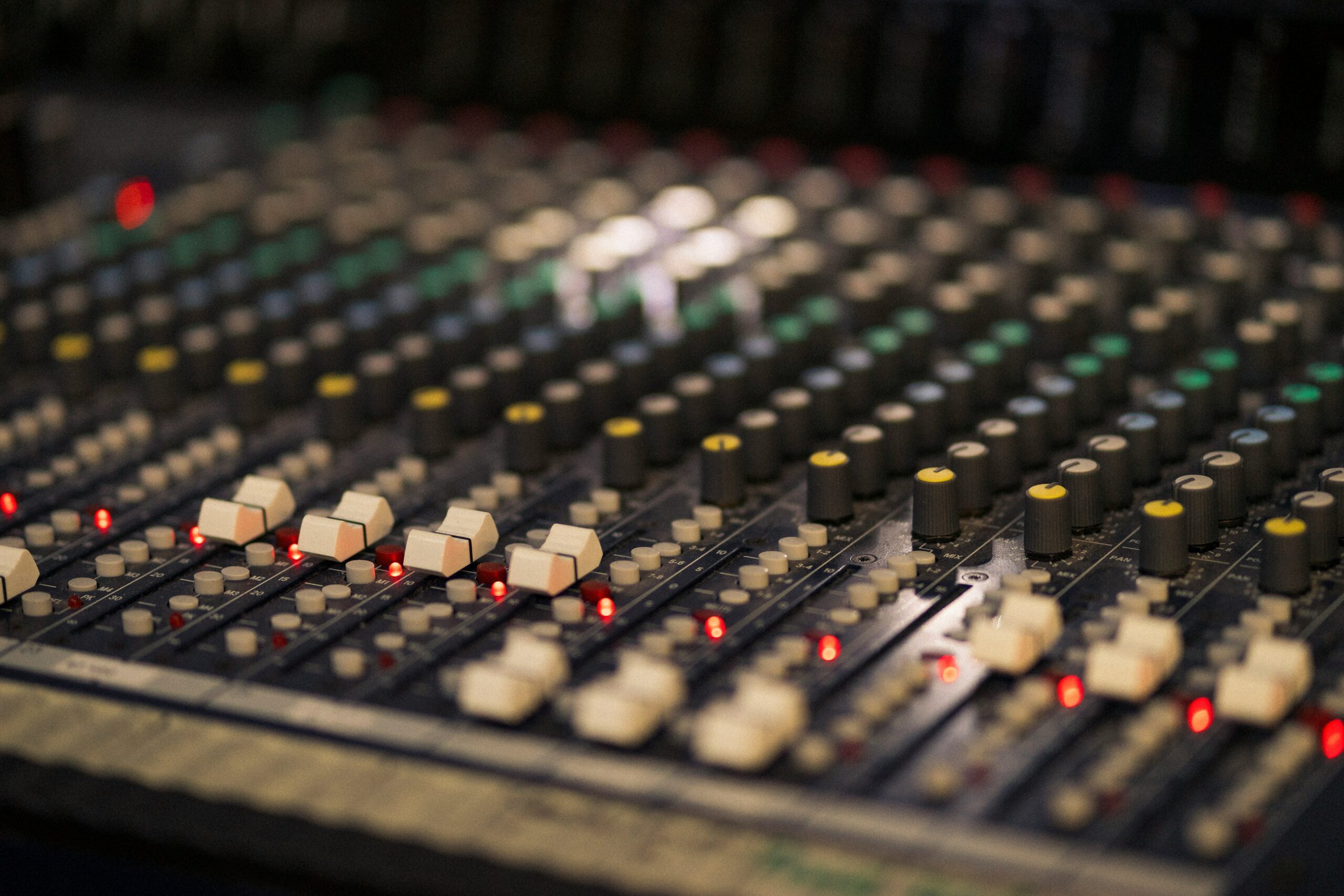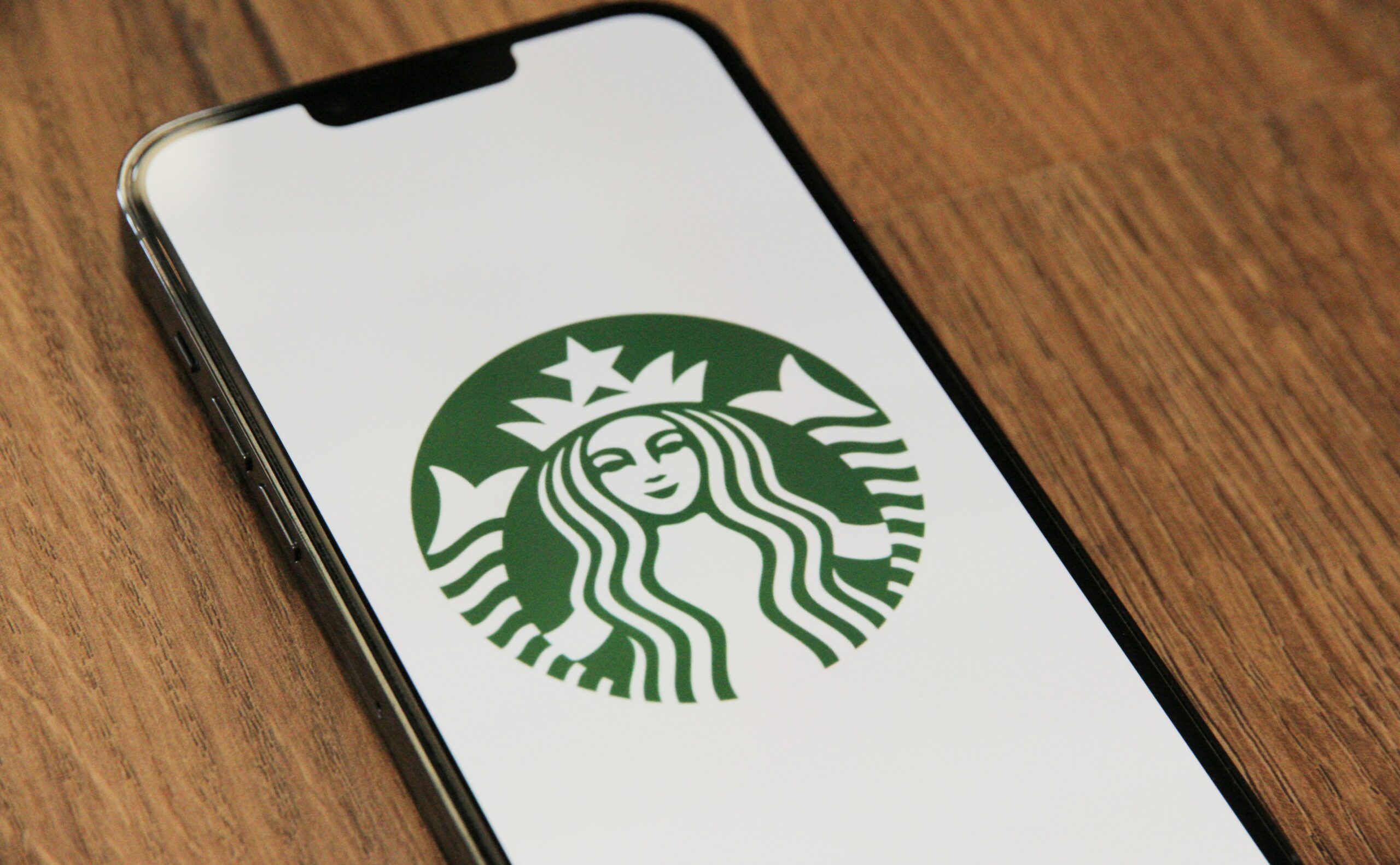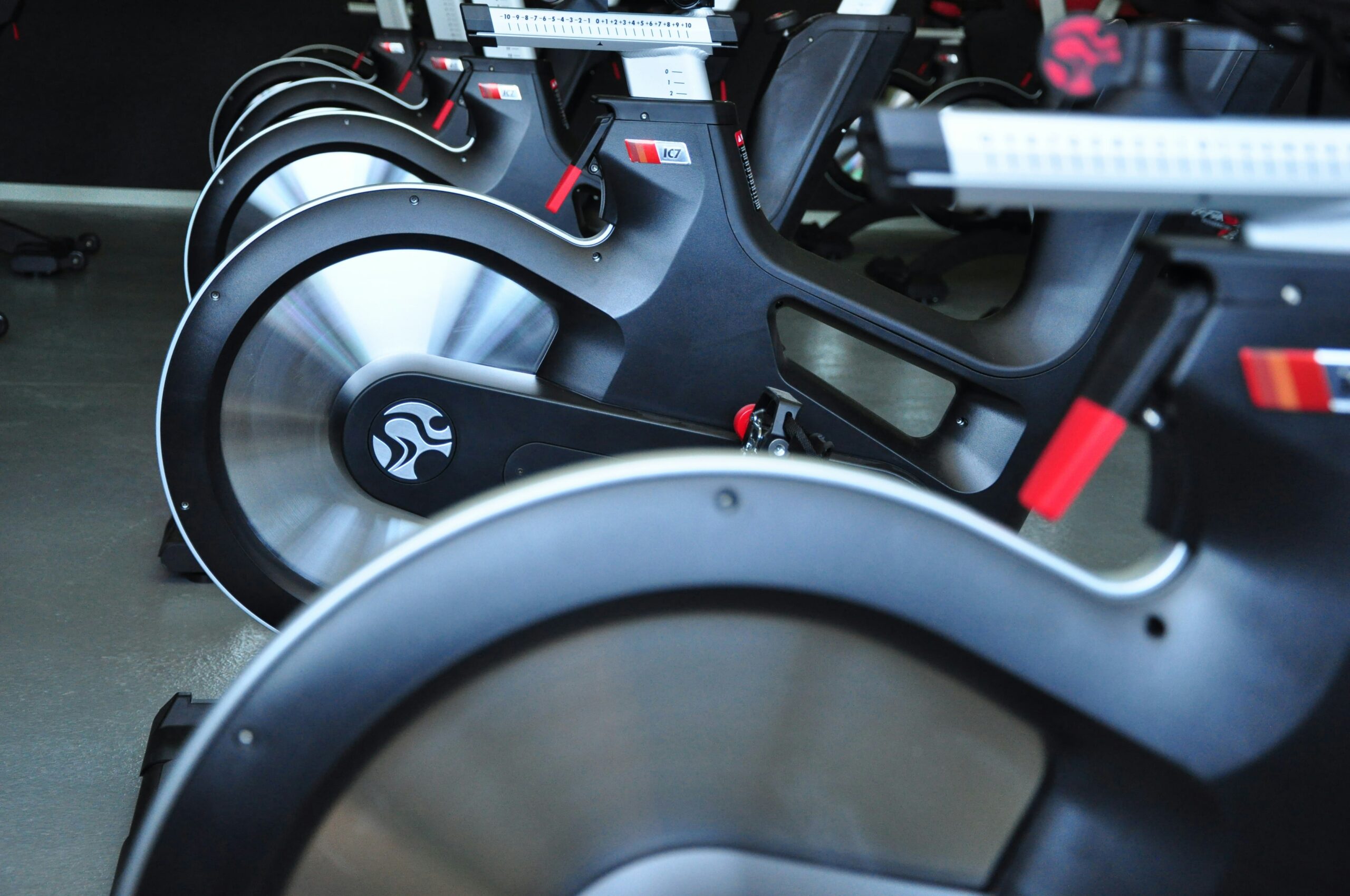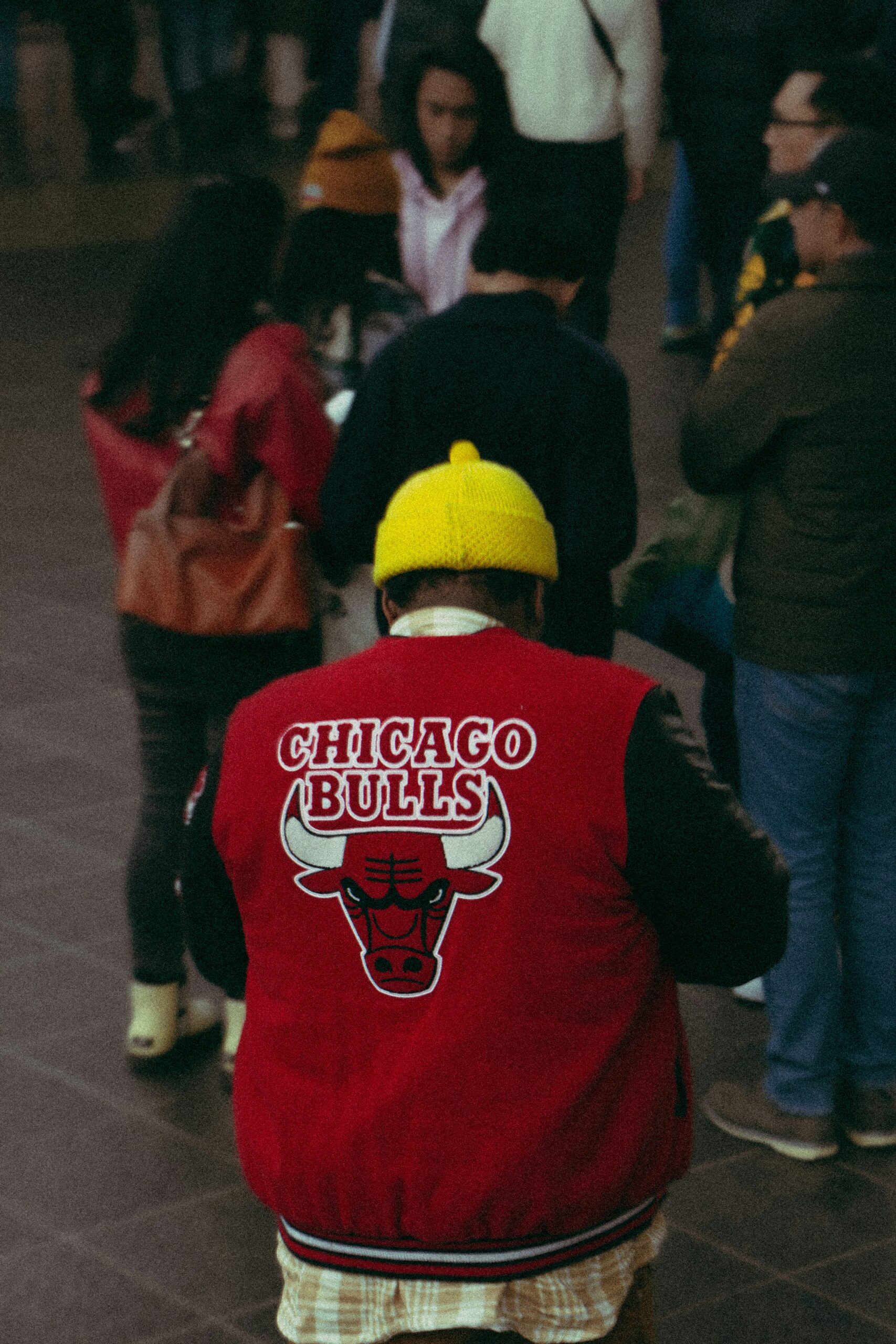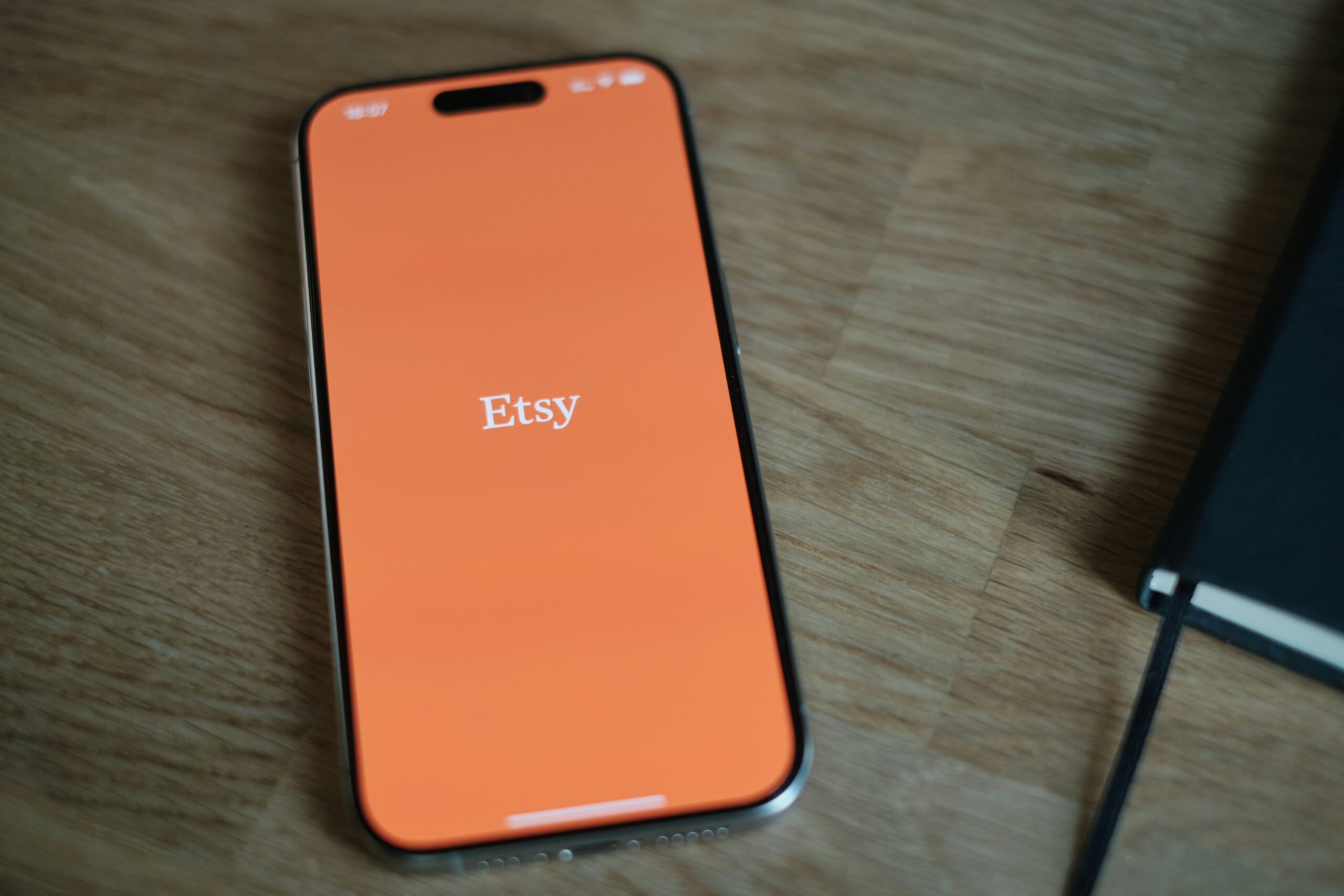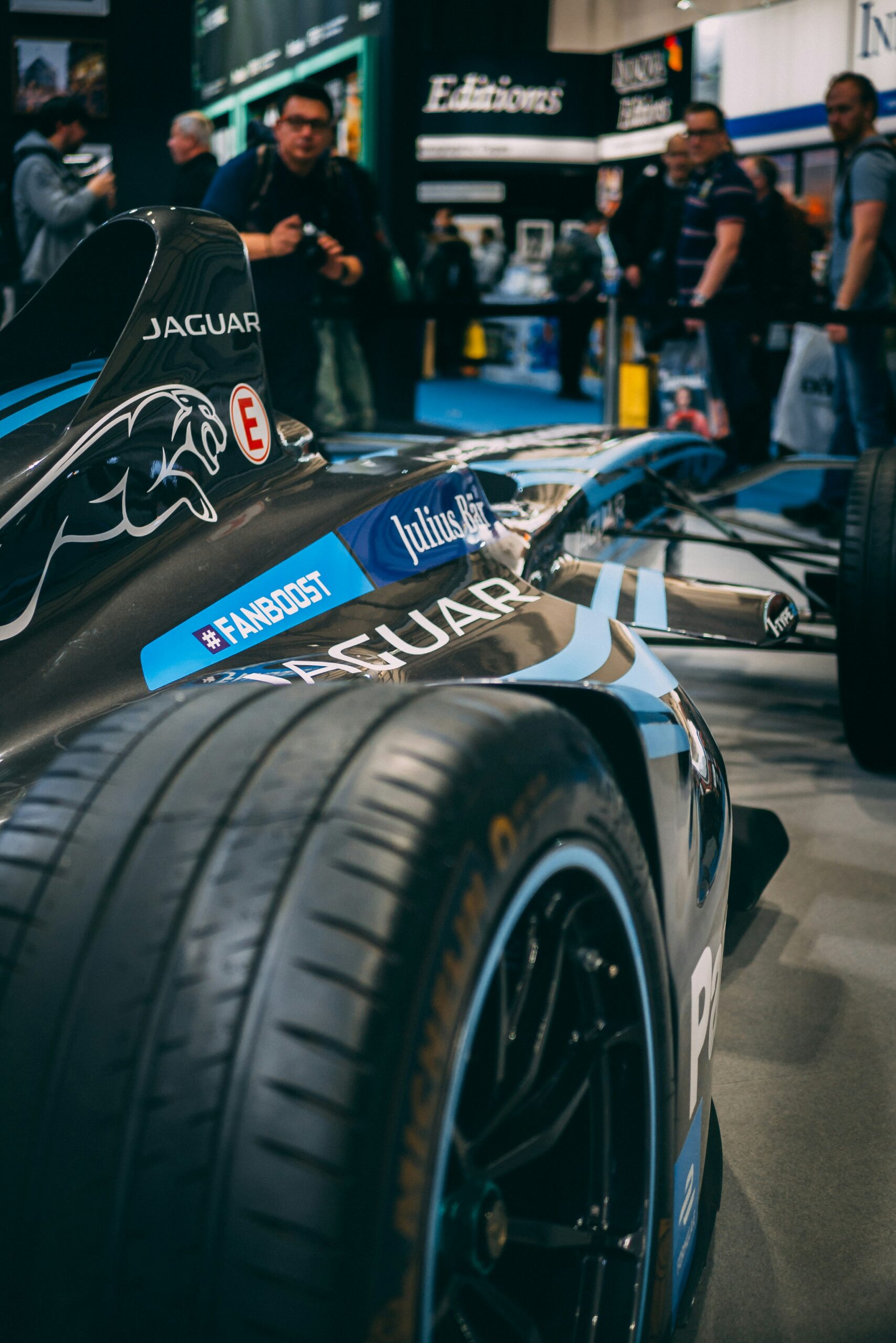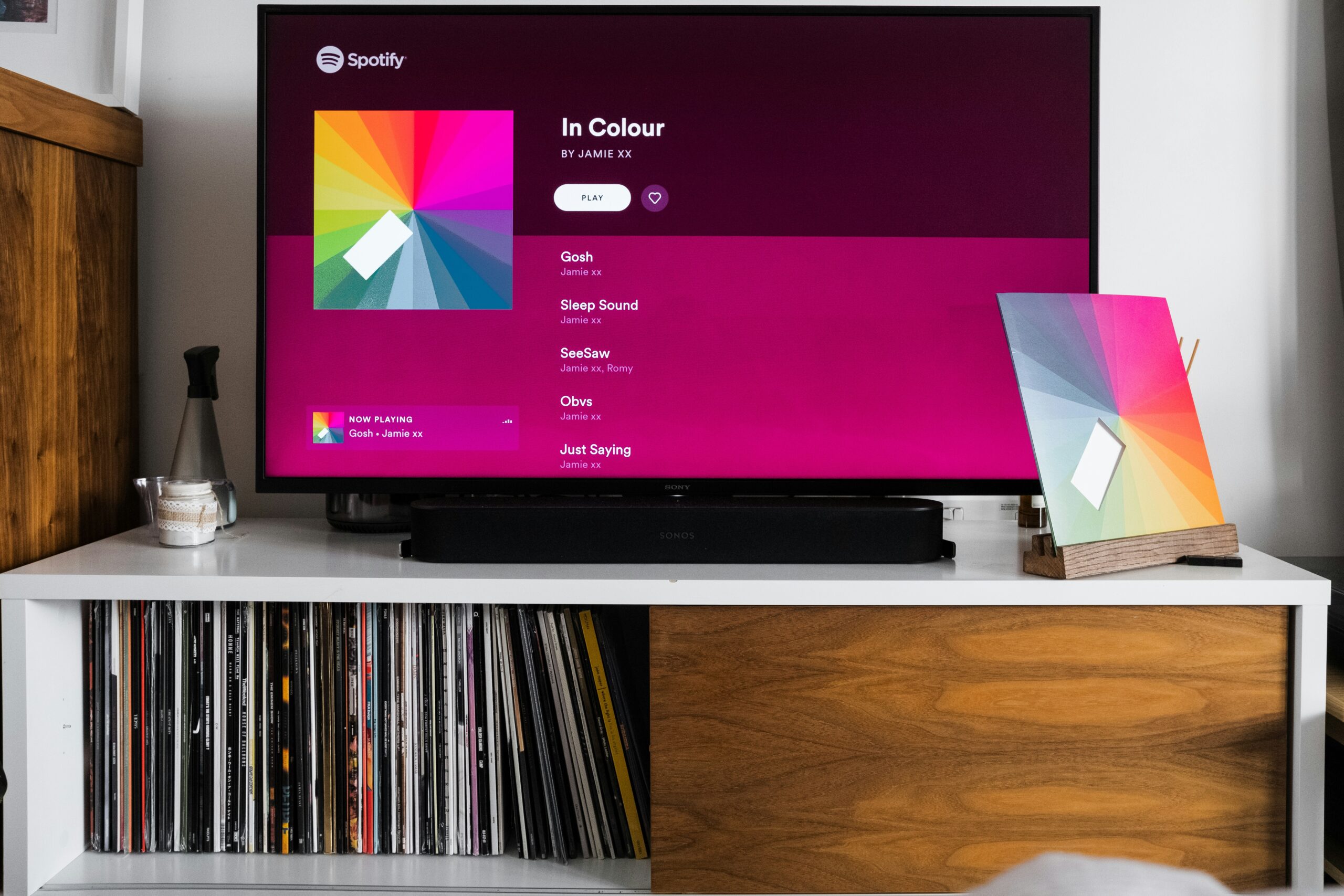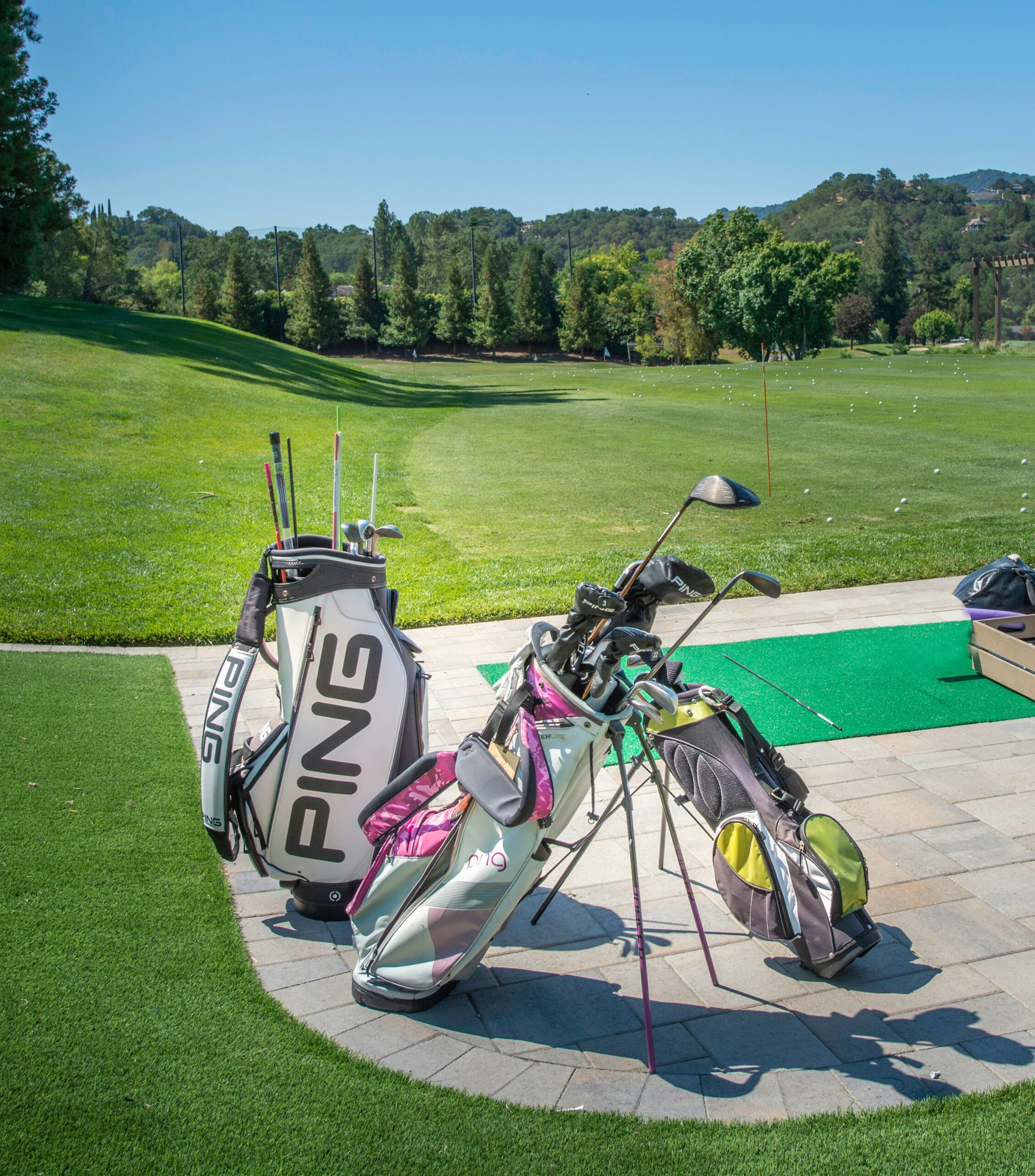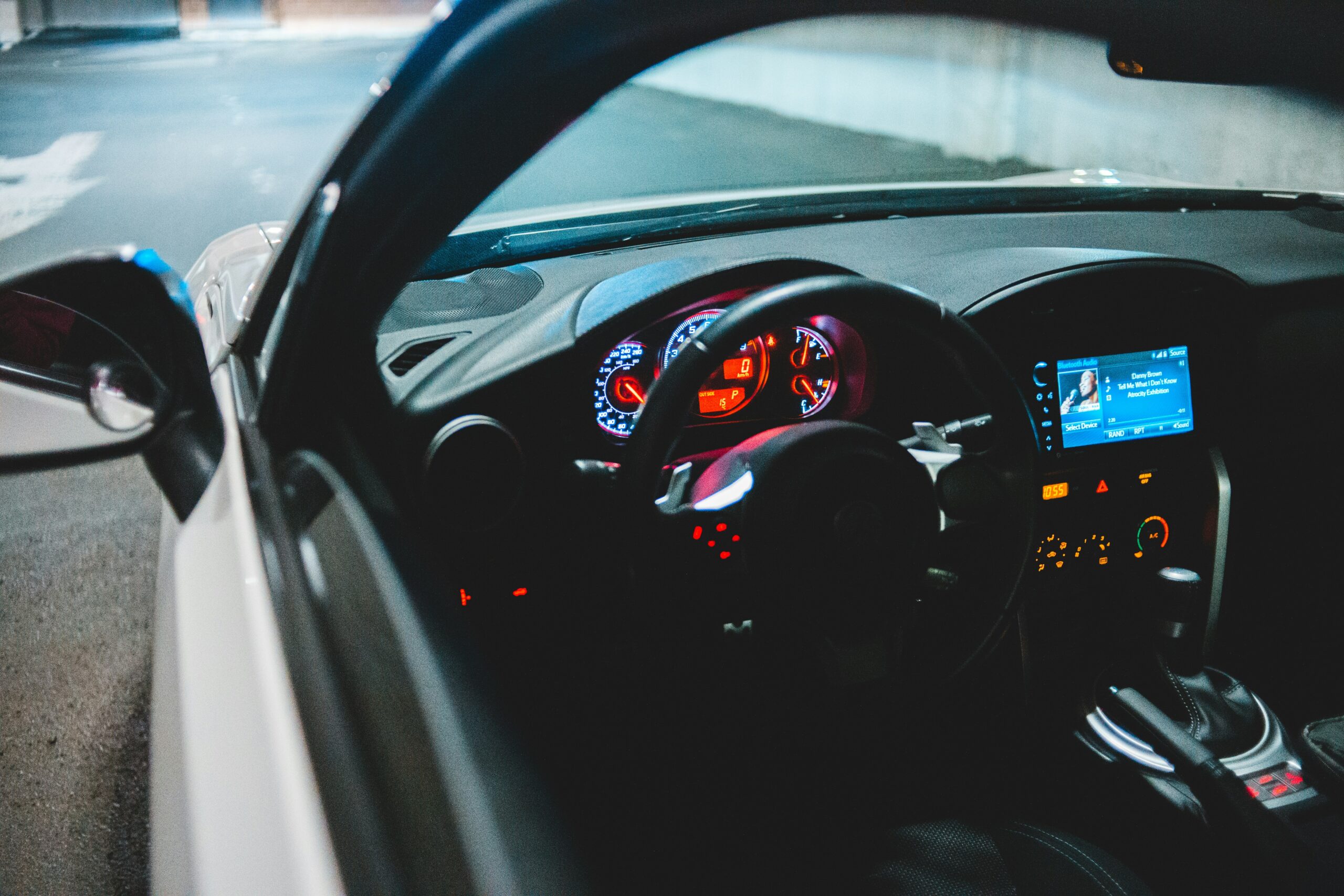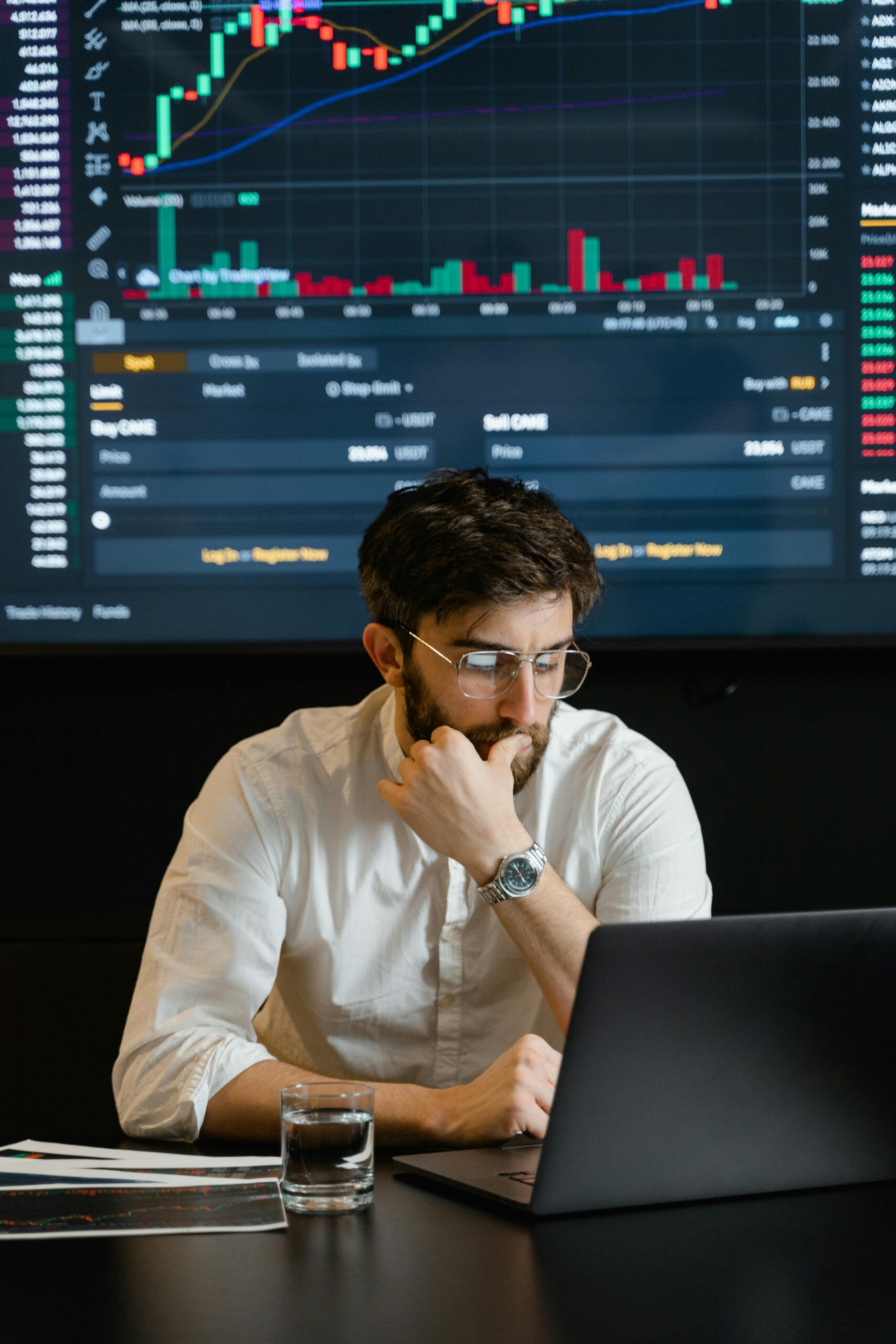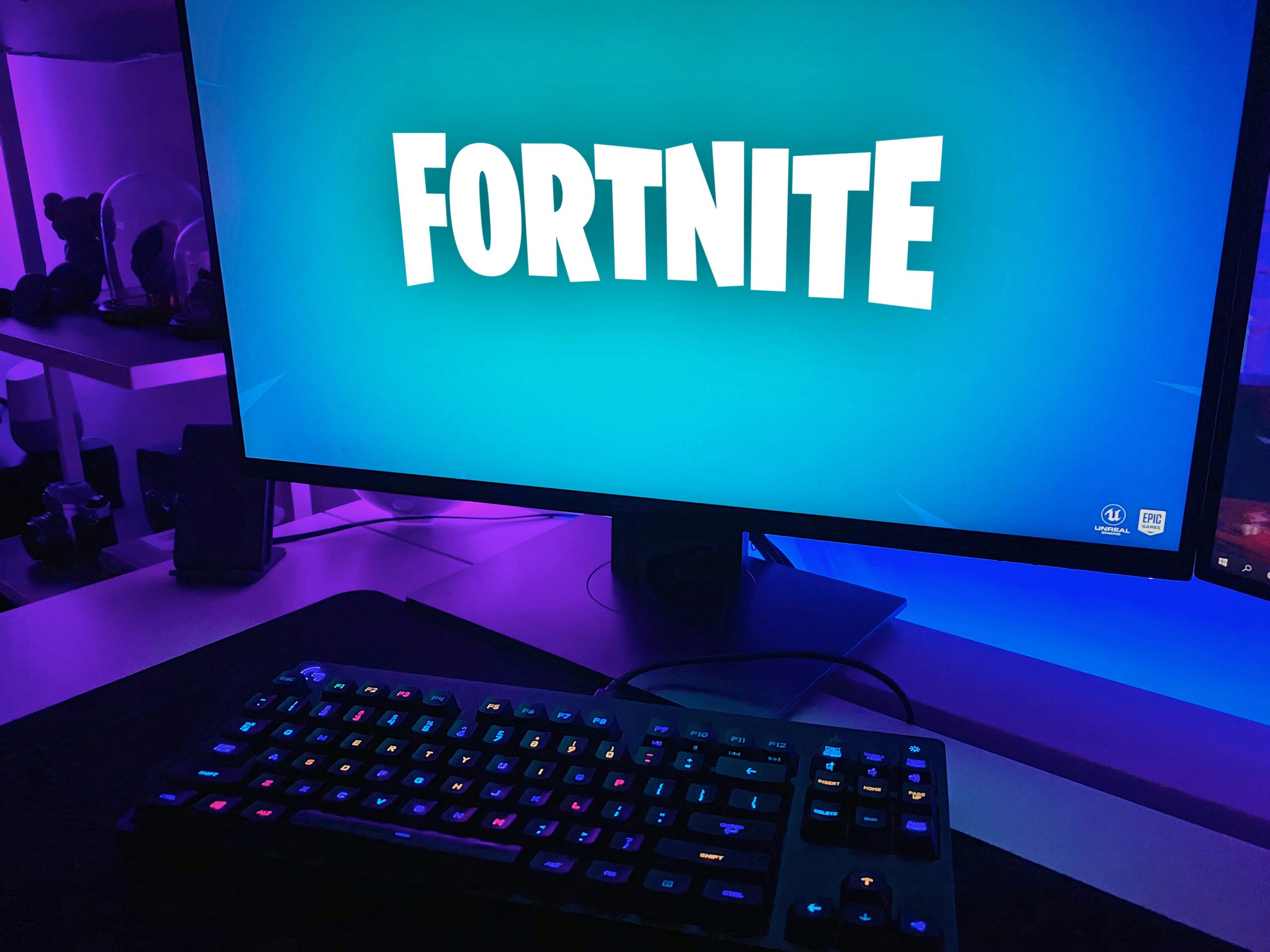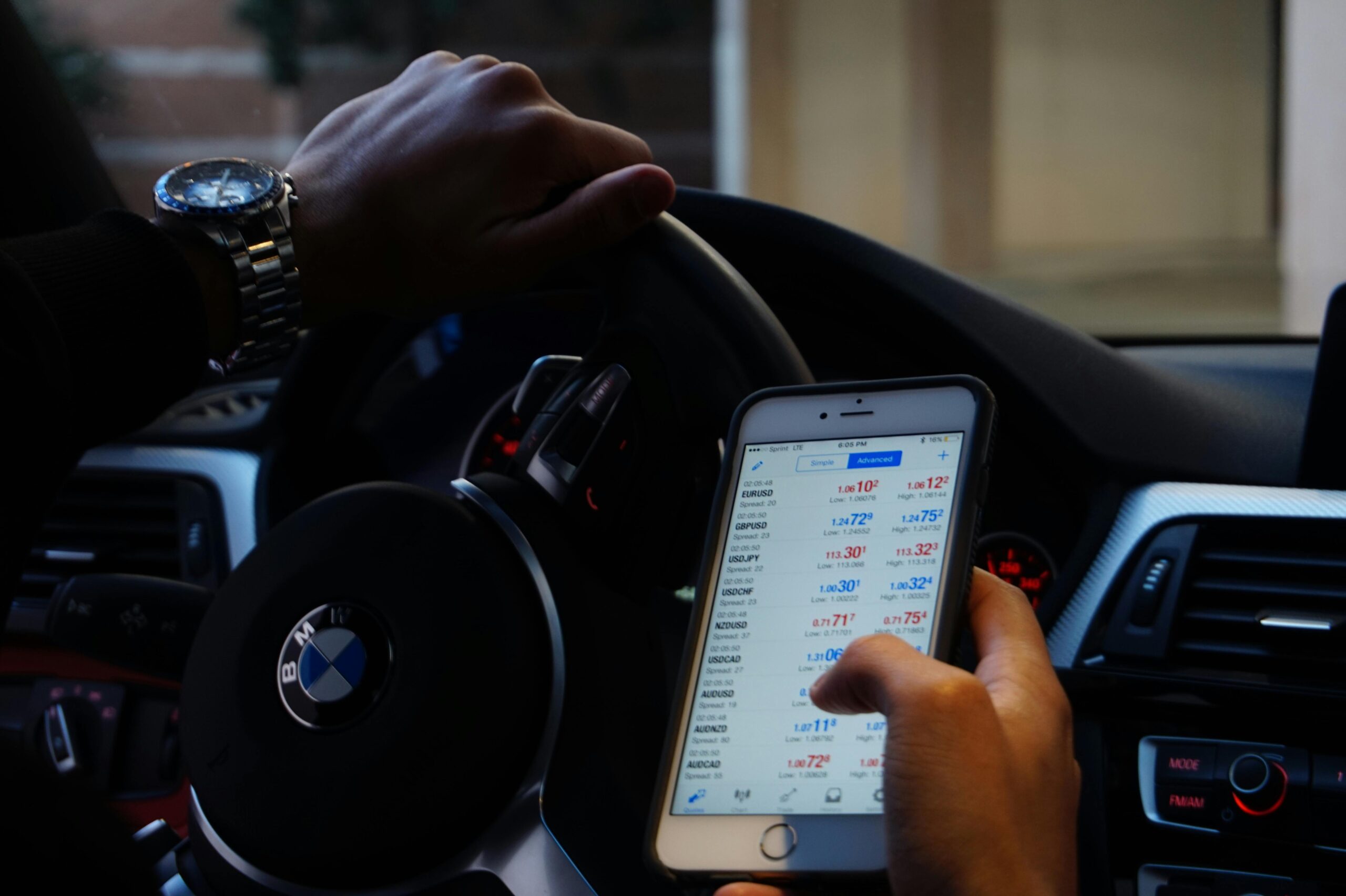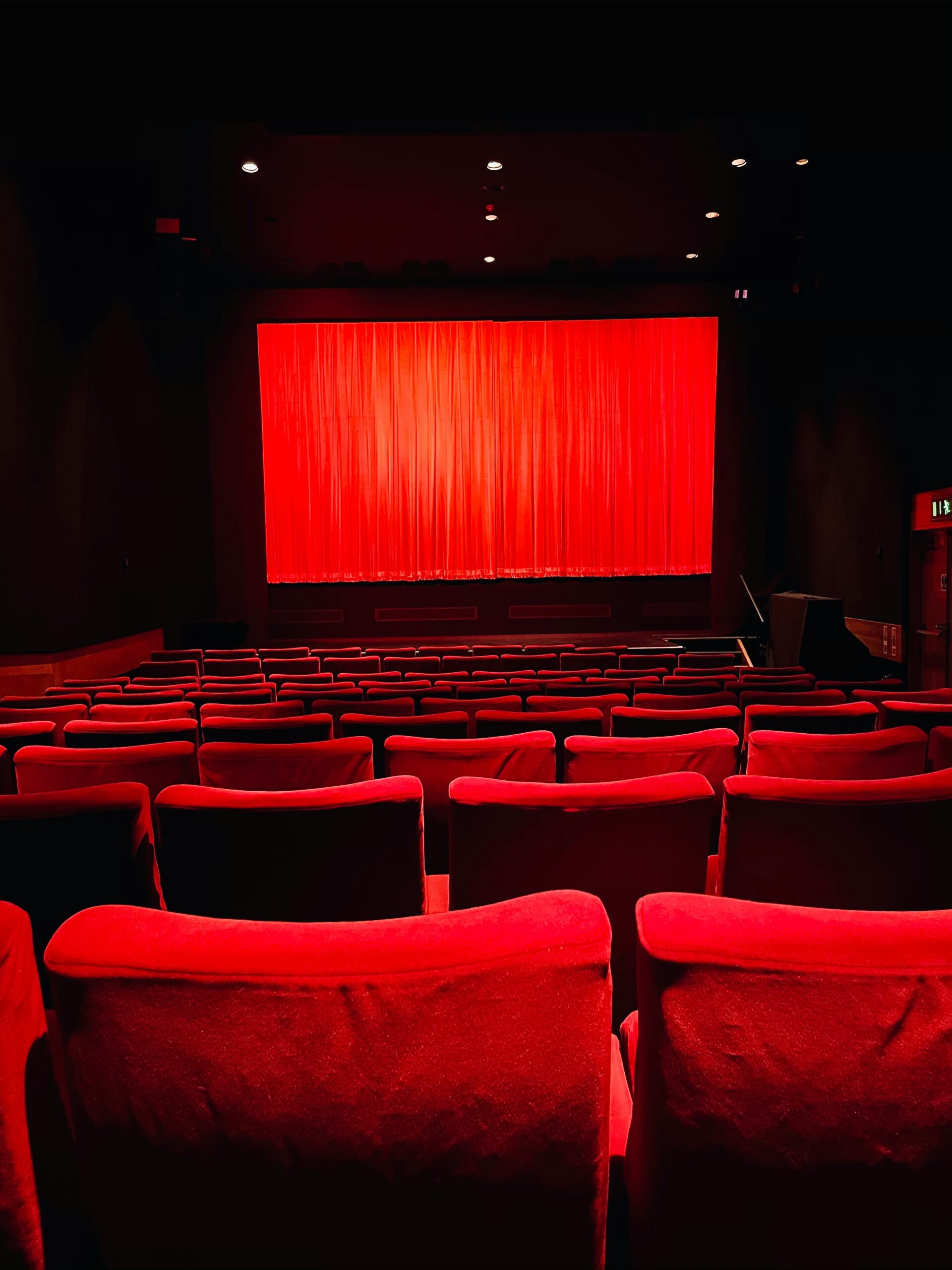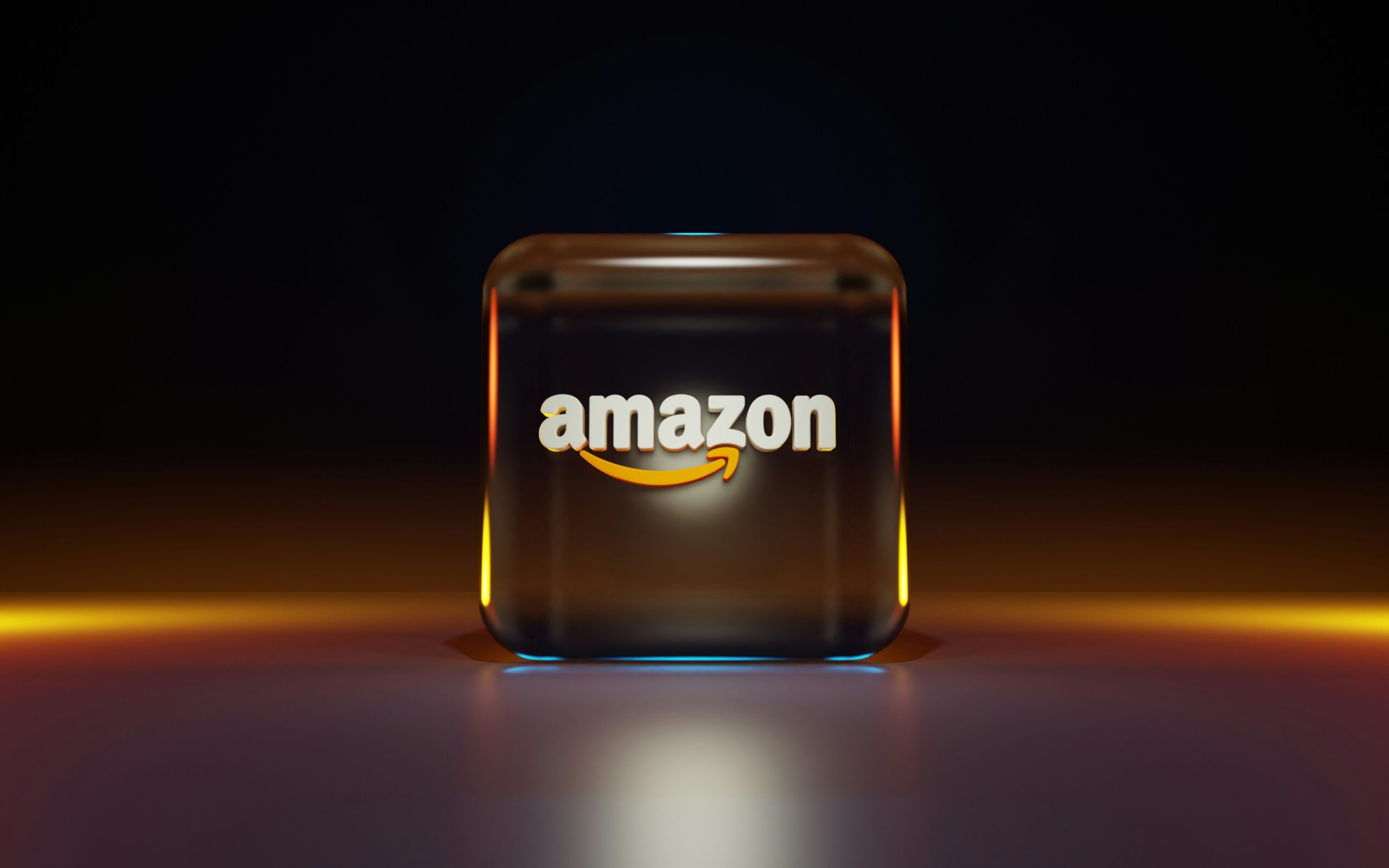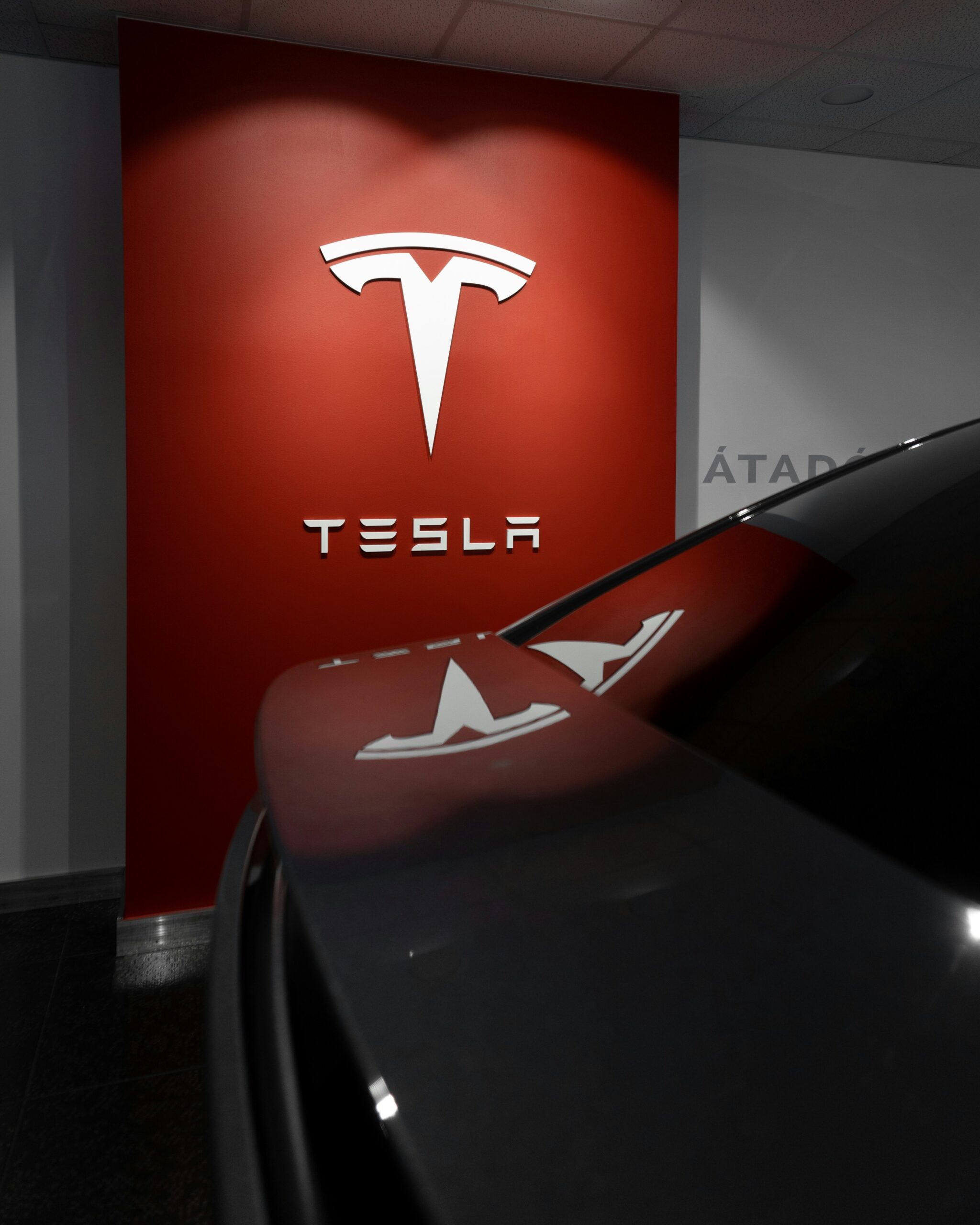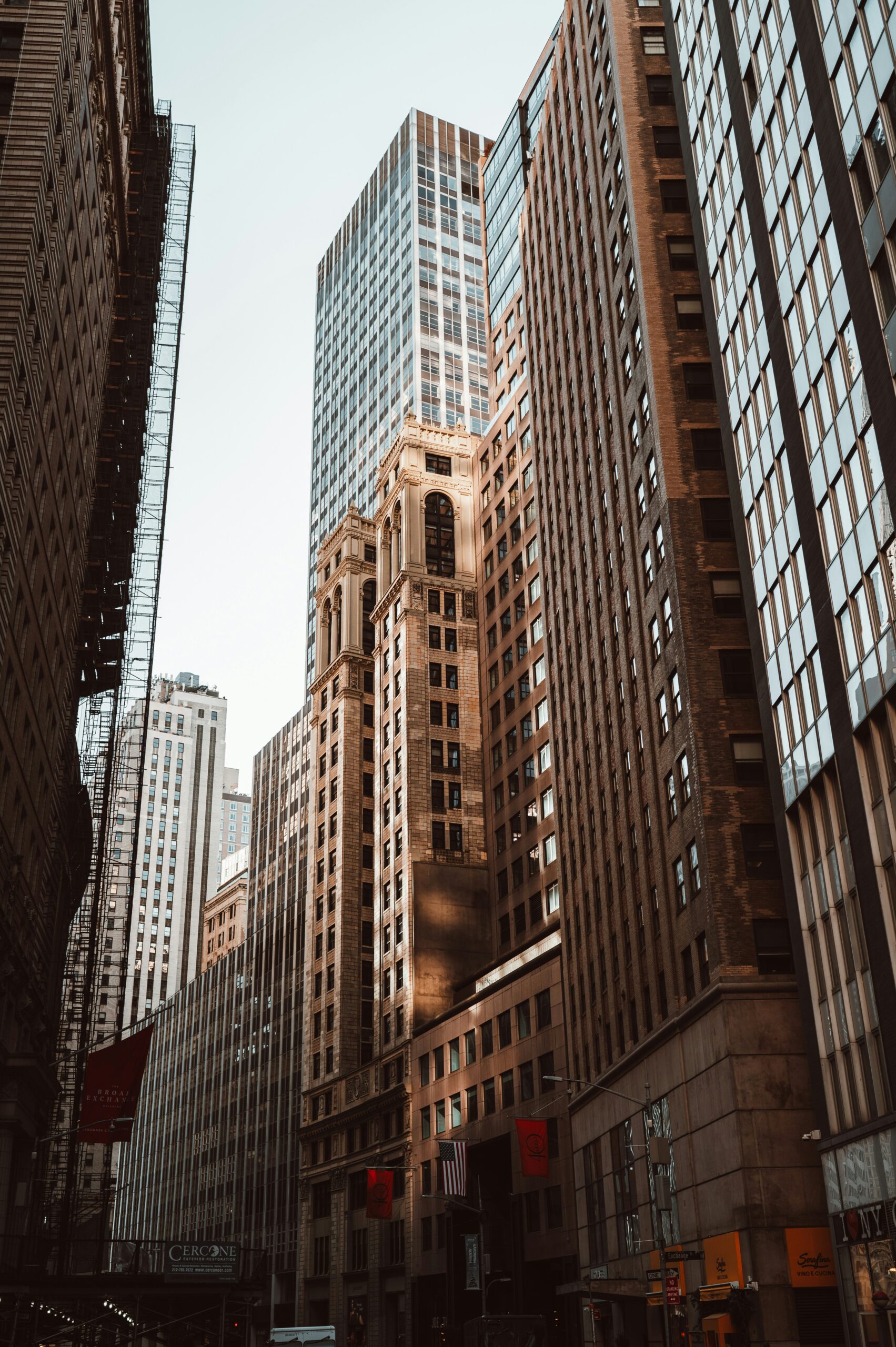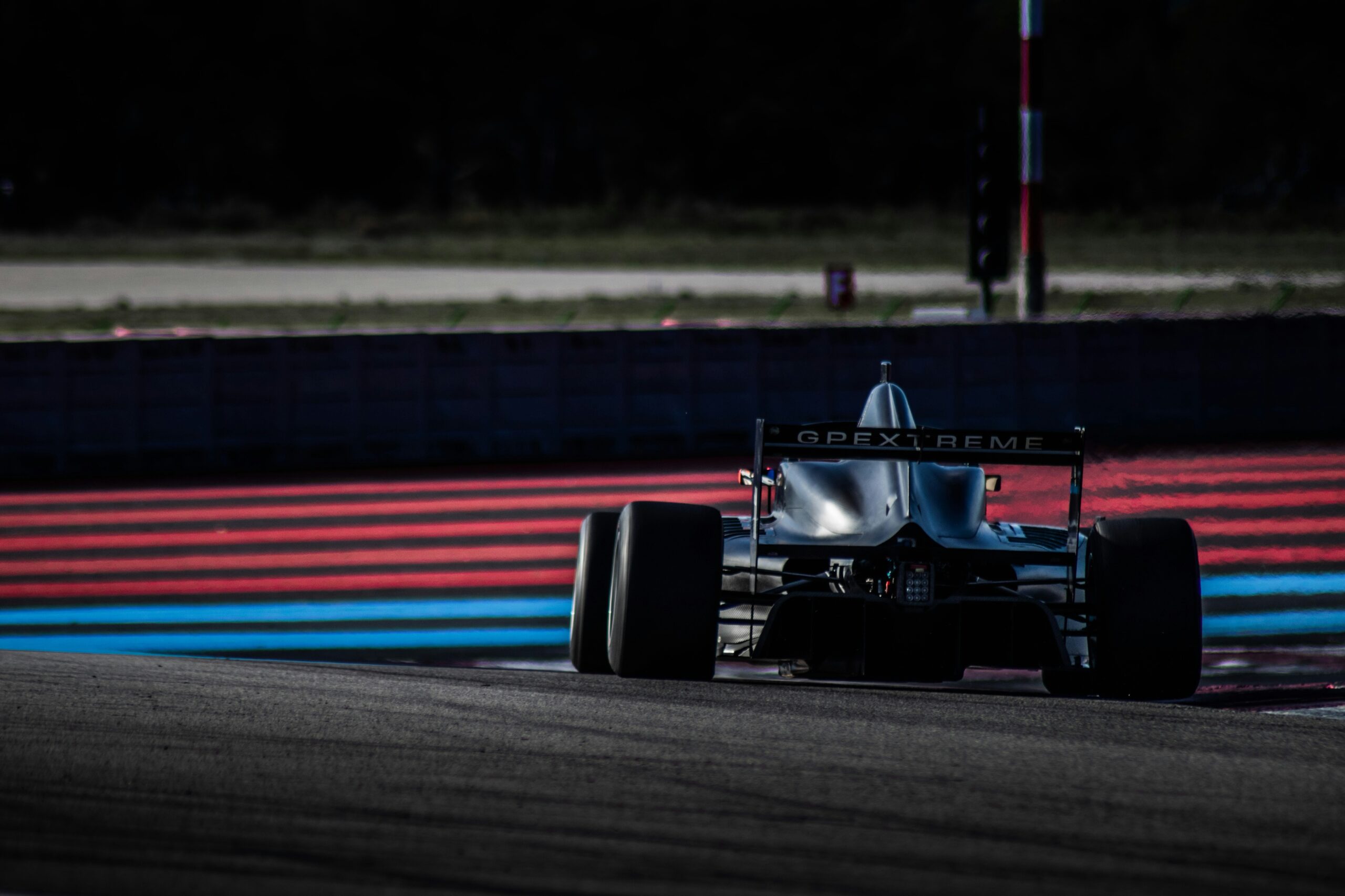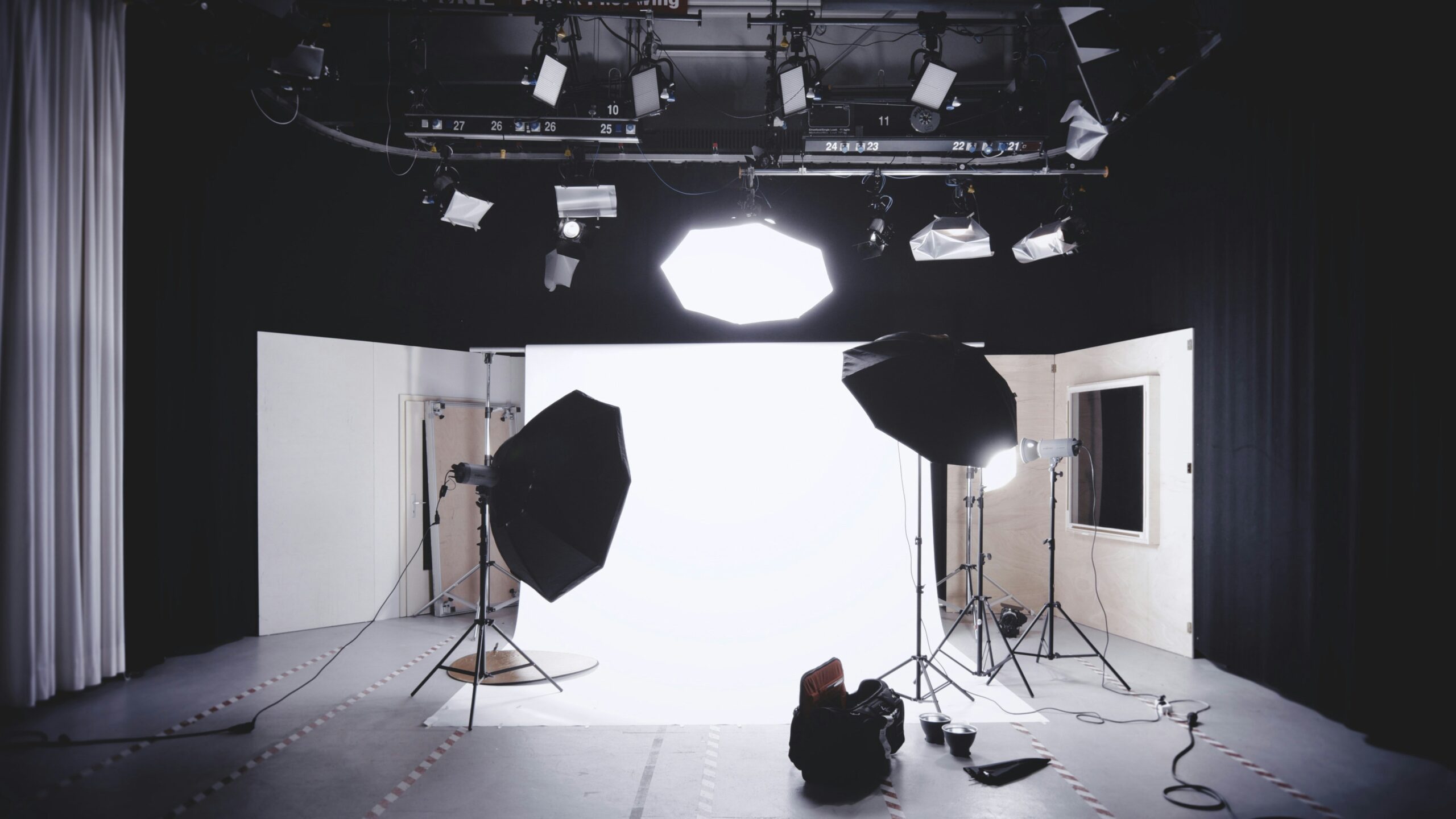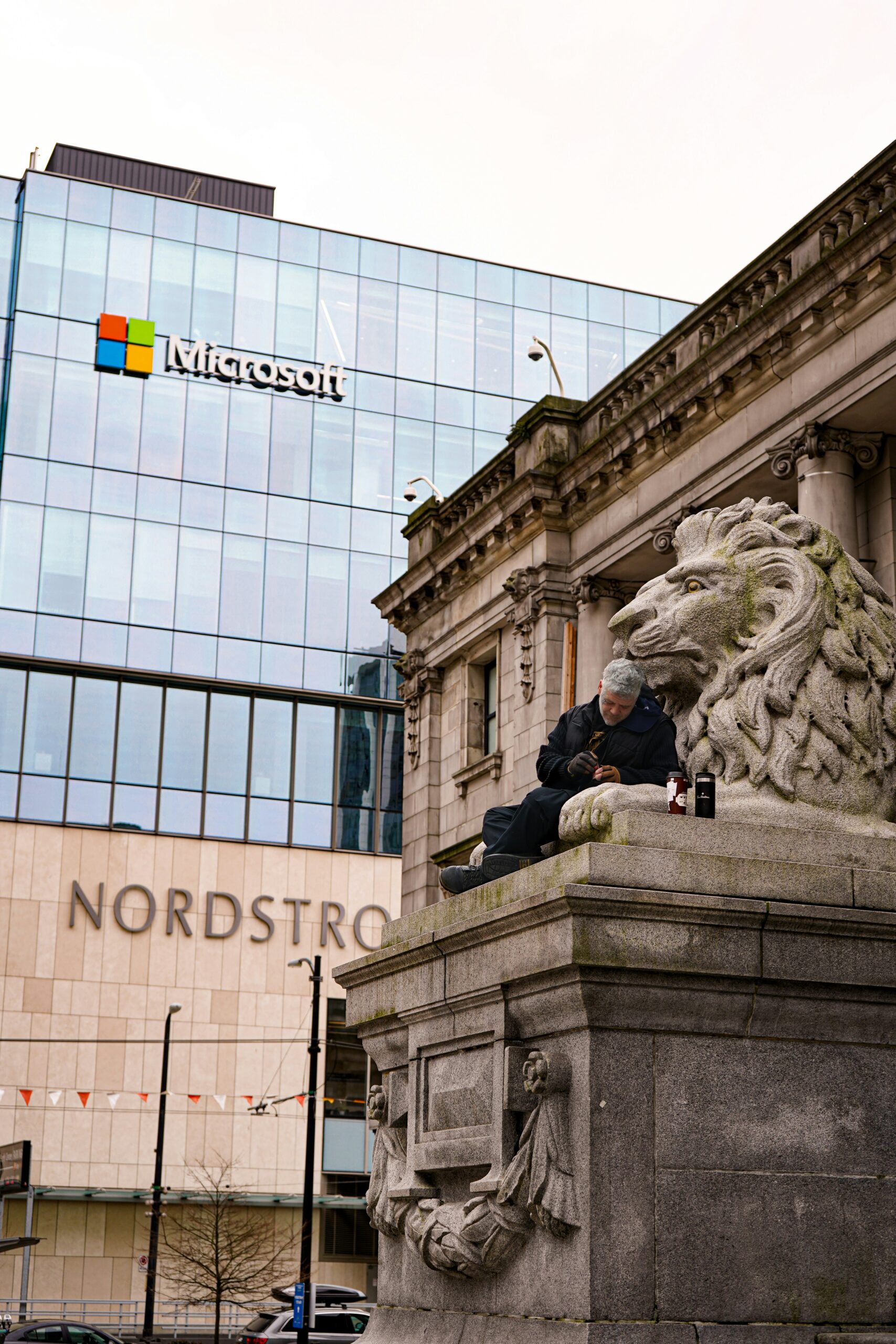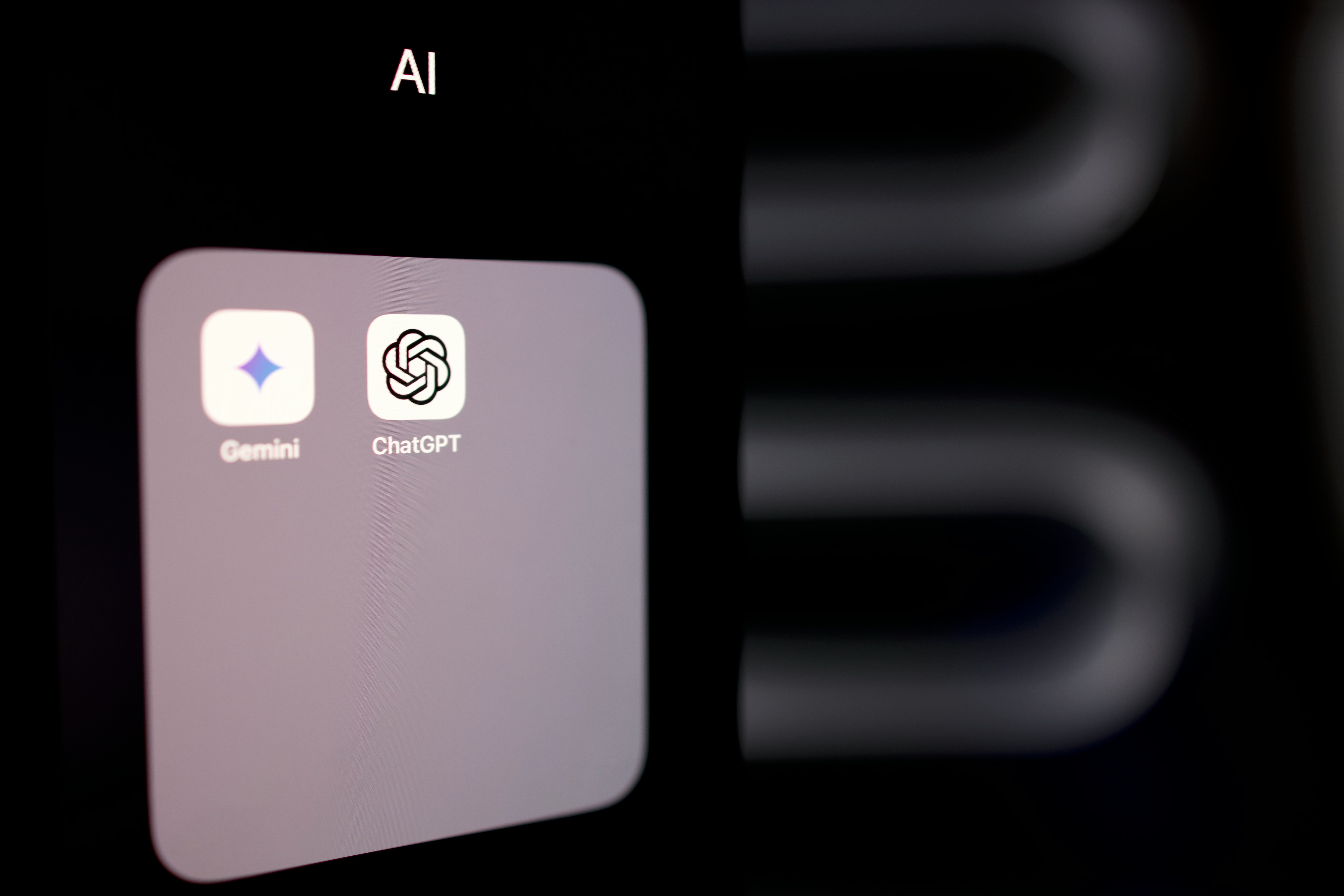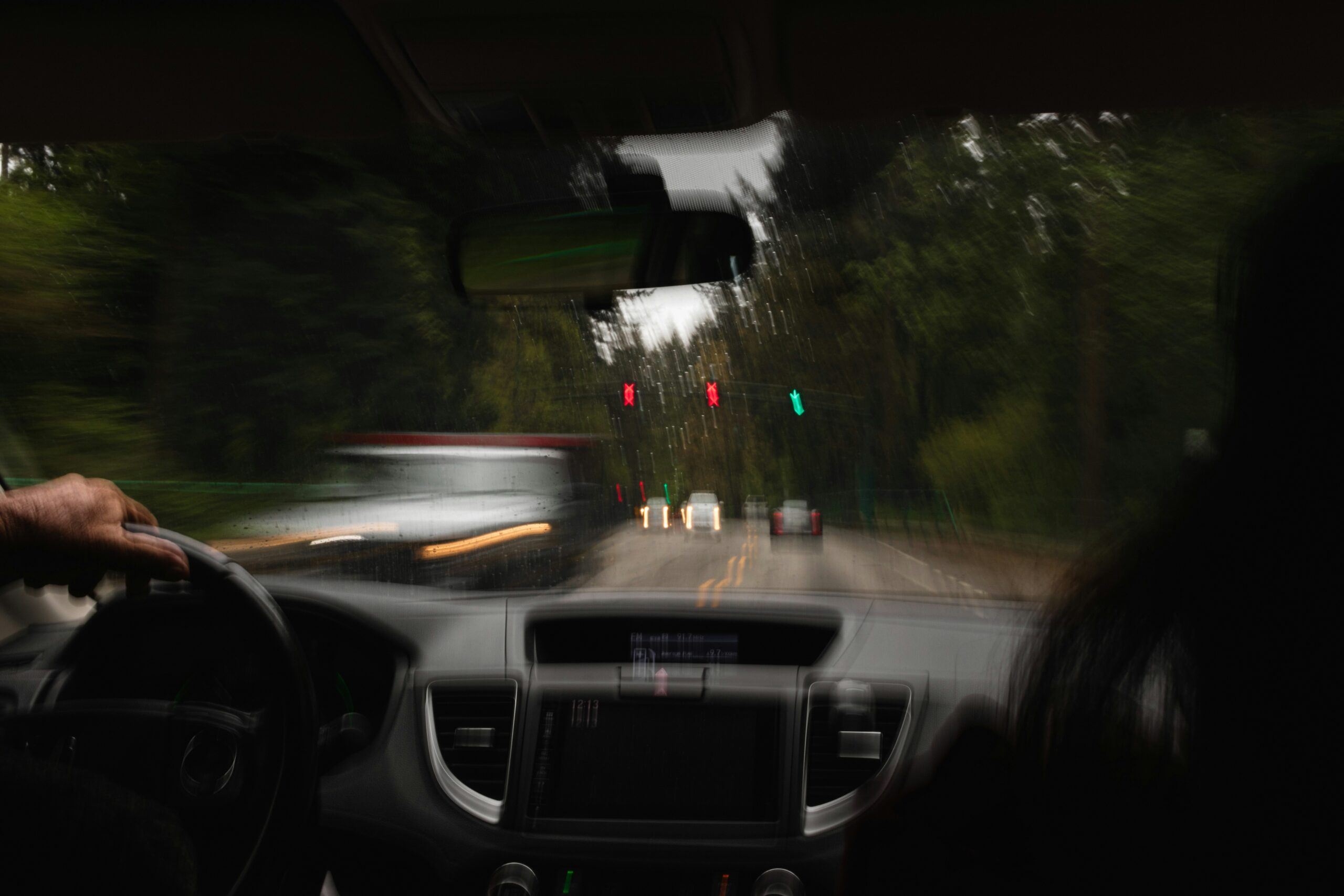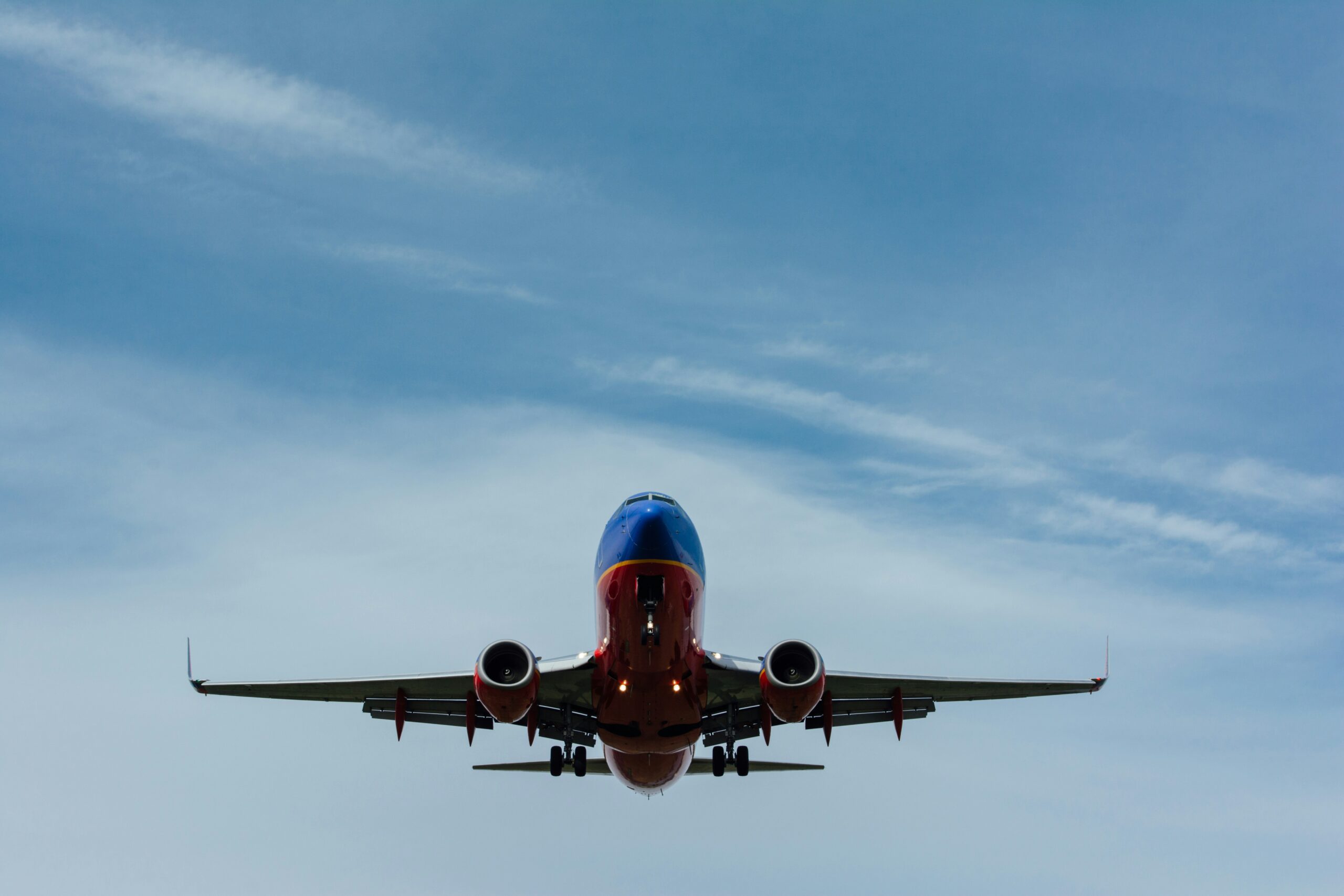Image credit: Unsplash
Developing almost as incredibly fast as it is running throughout various industries, artificial intelligence has become exceedingly popular in recent years despite the term being coined back in 1956. With a large percentage of companies around the globe already using AI in their businesses or making exploring the software’s use a top priority in their business plans, many industry leaders see bigger things for the future of AI. Softbank CEO Masayoshi Son recently stated that he believes the software will be 10,000 smarter than humans by 2035. Last week, the billionaire finance mogul announced that the group’s mission has always been to help humanity’s progress by realizing artificial superintelligence.
Often praising the transformative power of evolving and new technologies, Son has established himself as a force in the industry, generating wealth by betting on the proliferation of the Internet and smartphones. However, the founder and CEO are now prioritizing the company’s mission to develop “artificial superintelligence” capable of upending human life as we know it.
At Softbank’s annual meeting in Tokyo on Friday, June 21, the CEO of the Japanese investment conglomerate expressed more energy and reflection than he has in recent years. “SoftBank Group has done many things until now that have all been a warm up for my great dream to realize artificial super intelligence,” Son told shareholders at the group’s annual general meeting. Son’s comments at the annual meeting shared a vision for the future where Arm Holdings chips help support a thriving ecosystem of robots and powerful data centers capable of curing cancer, cleaning houses, and even playing with children.
Son’s announcements came after the Japanese company began to tighten its finances following a series of ill-timed startup bets. The annual meeting saw the CEO visibly overtaken with emotion, with the 66-year-old expressing his desire to change the world before he leaves it for good. Son recalled his relationship and conversations with his late friend Steve Jobs, sharing that their conversations often left him in tears when he realized his legacy would pale compared to the Apple co-founder’s.
Now, after battling his failures over the past year, which saw the passing of his entrepreneurial father, Son revealed that he awoke with an epiphany on Friday morning. “I had my answer,” Son told shareholders at an annual meeting. “I made some checks, and I see my path forward.”
During the meeting, Son outlined Softbank’s strategic focus on integrating robotics with AI for various mass production and logistics applications. However, he also acknowledged the significant financial implications of this vision, emphasizing the need for substantial capital and potential partnerships. This candid acknowledgment of the challenges ahead instills a sense of realism and caution, ensuring the audience is fully aware of the complexities involved in realizing Softbank’s ambitious vision.
While previous startup failures dent Son’s reputation, the success of the company’s subsidiary Arm, the British chip designer, since its public listing last fall, has helped polish the CEO’s name, leading investors to pile into firms linked to AI. Earlier in June this year, activist investor Elliott Management built a stake worth over $2 billion in Softbank, calling for a $15 billion share buyback to boost its share price. Yet, Son expressed that his company has always been ready to buy back its shares, leaving the possibility of taking the company private should its share price fall even further below the group’s actual value.


